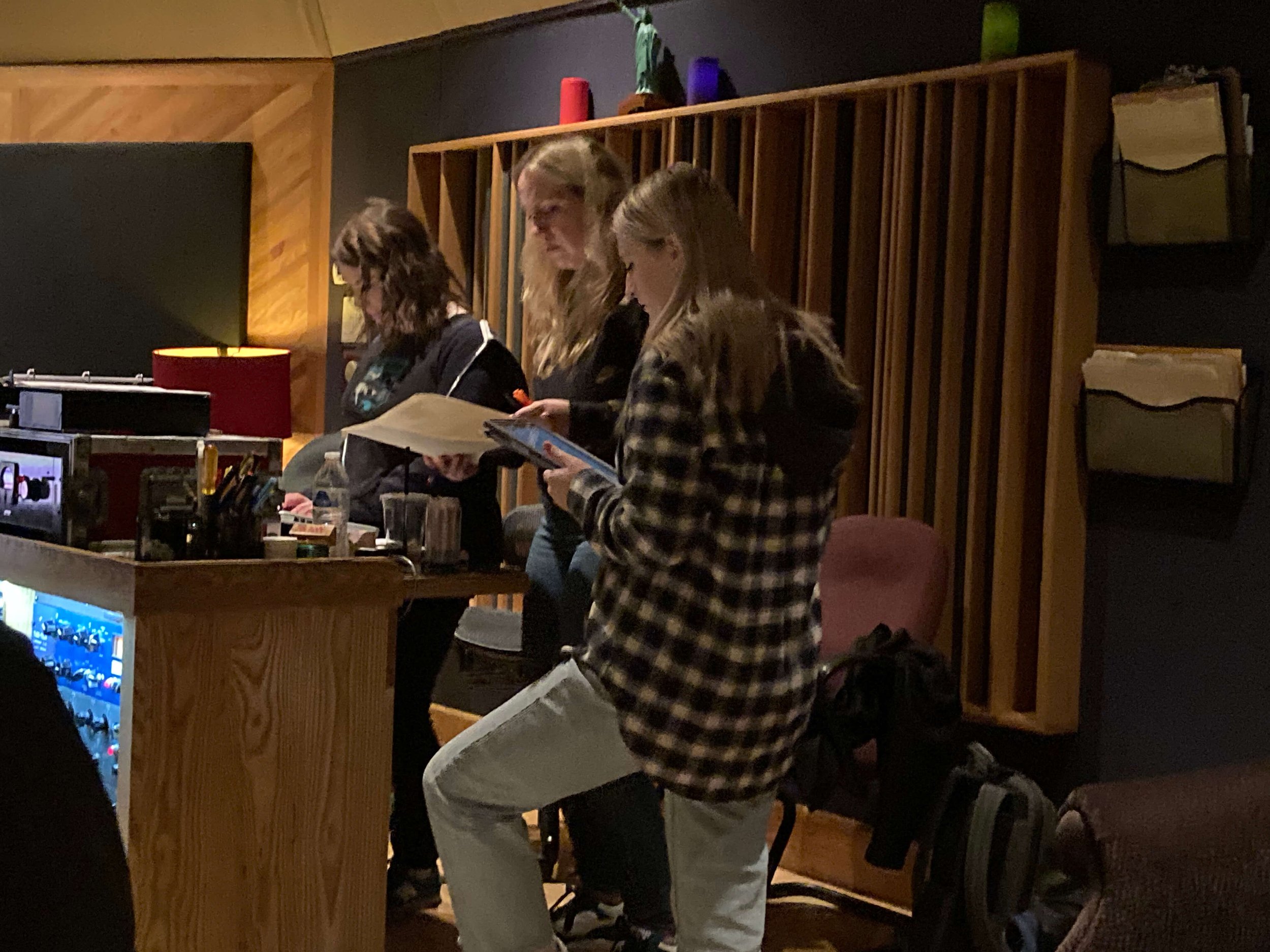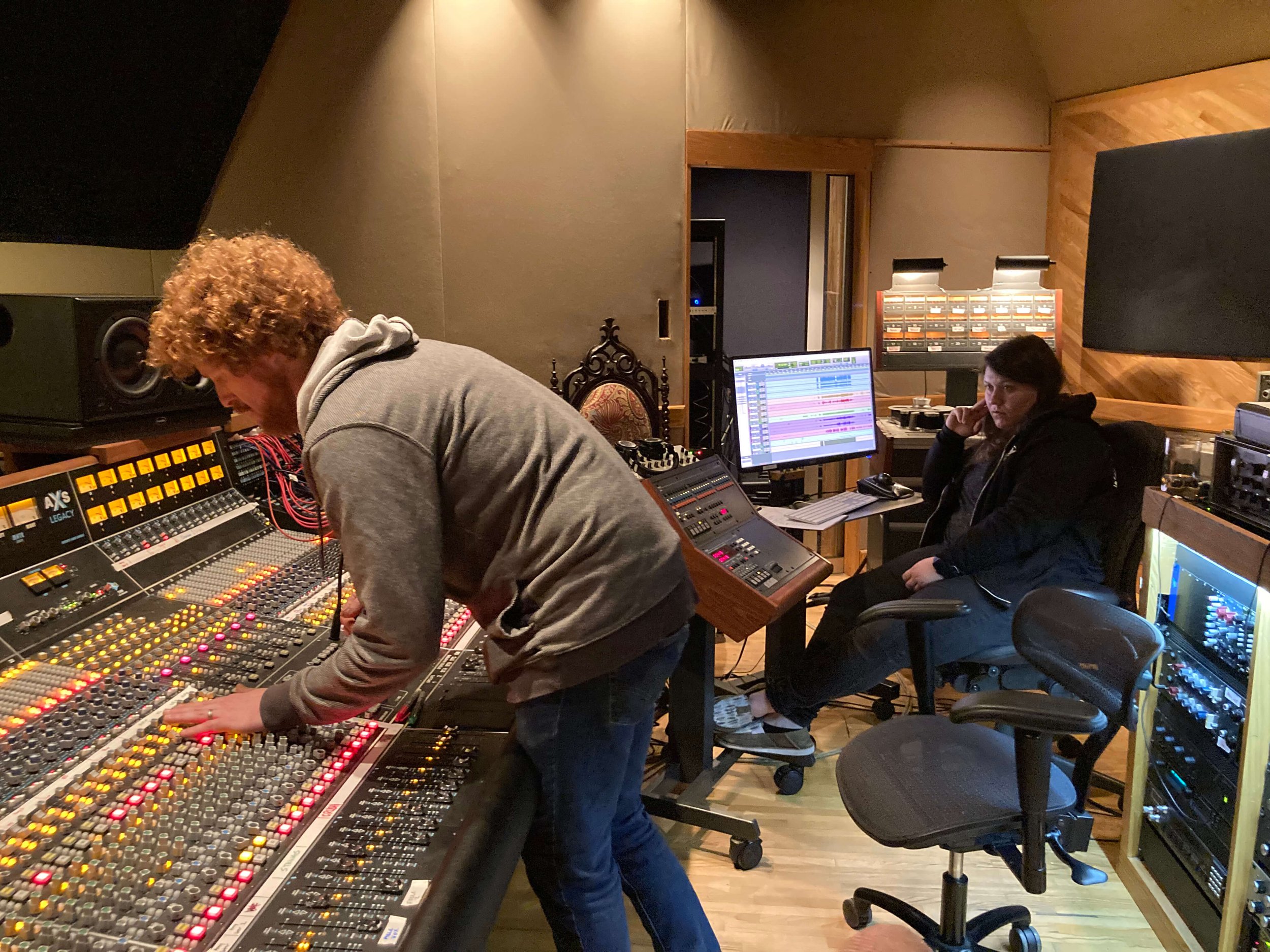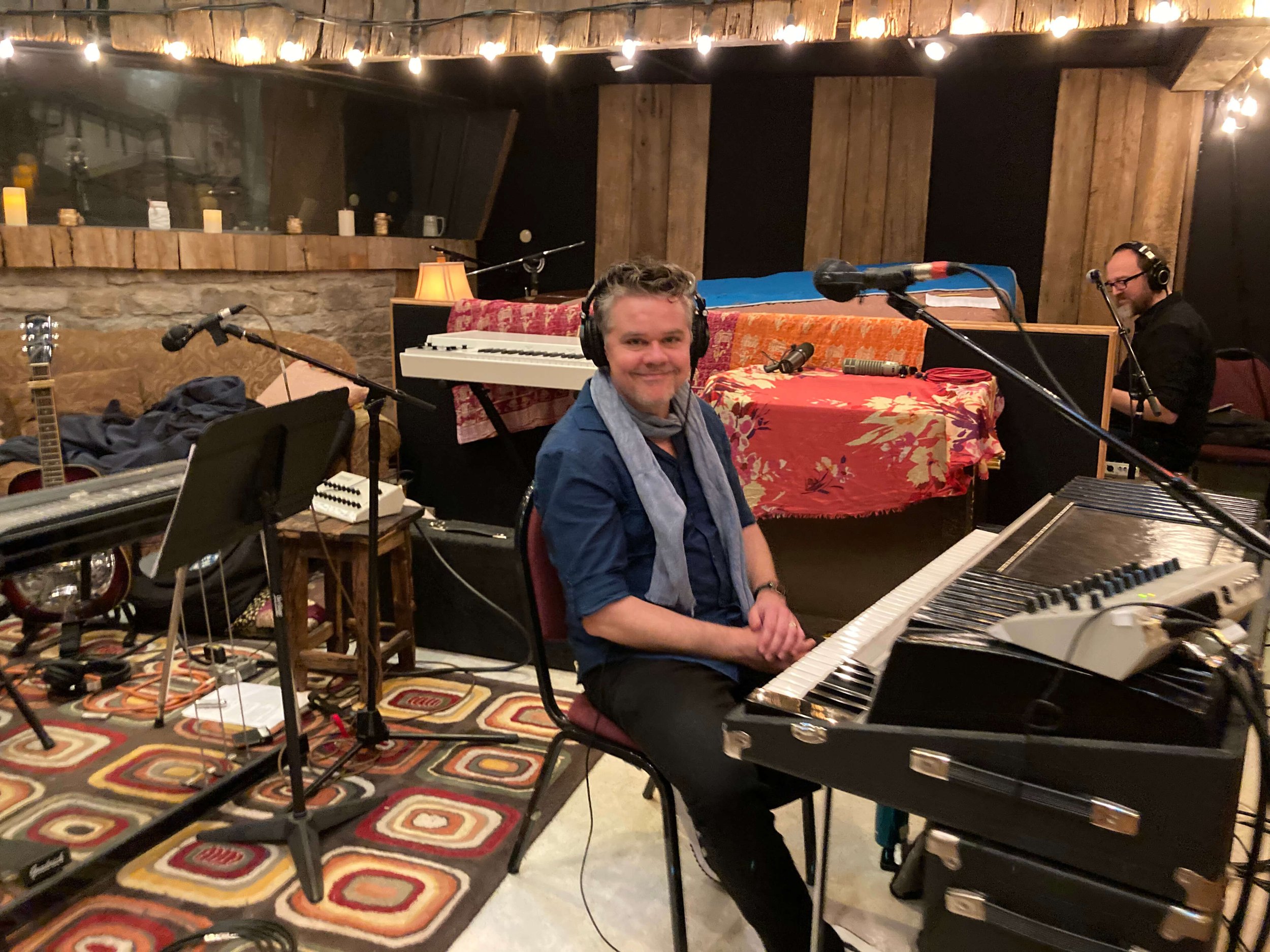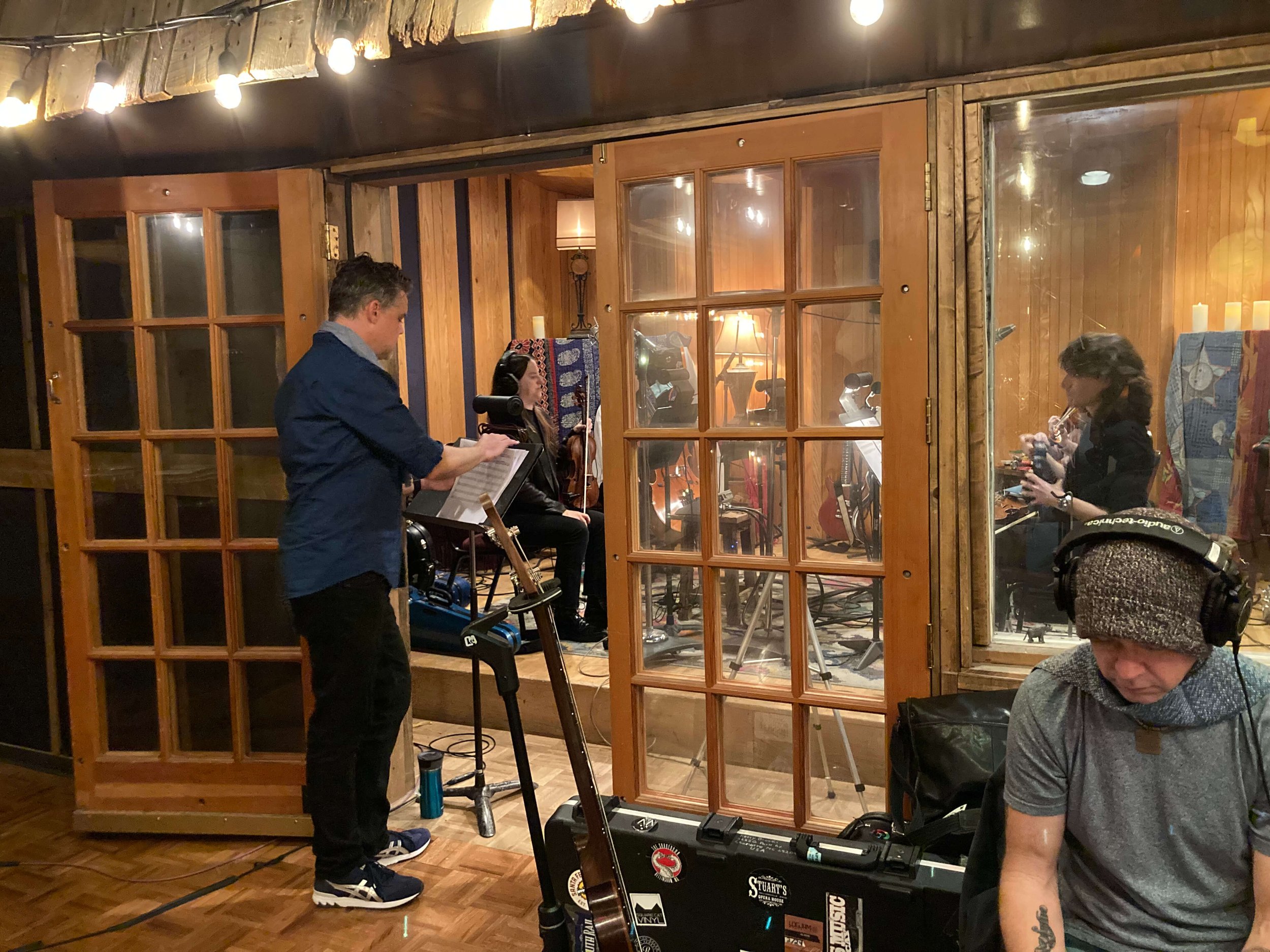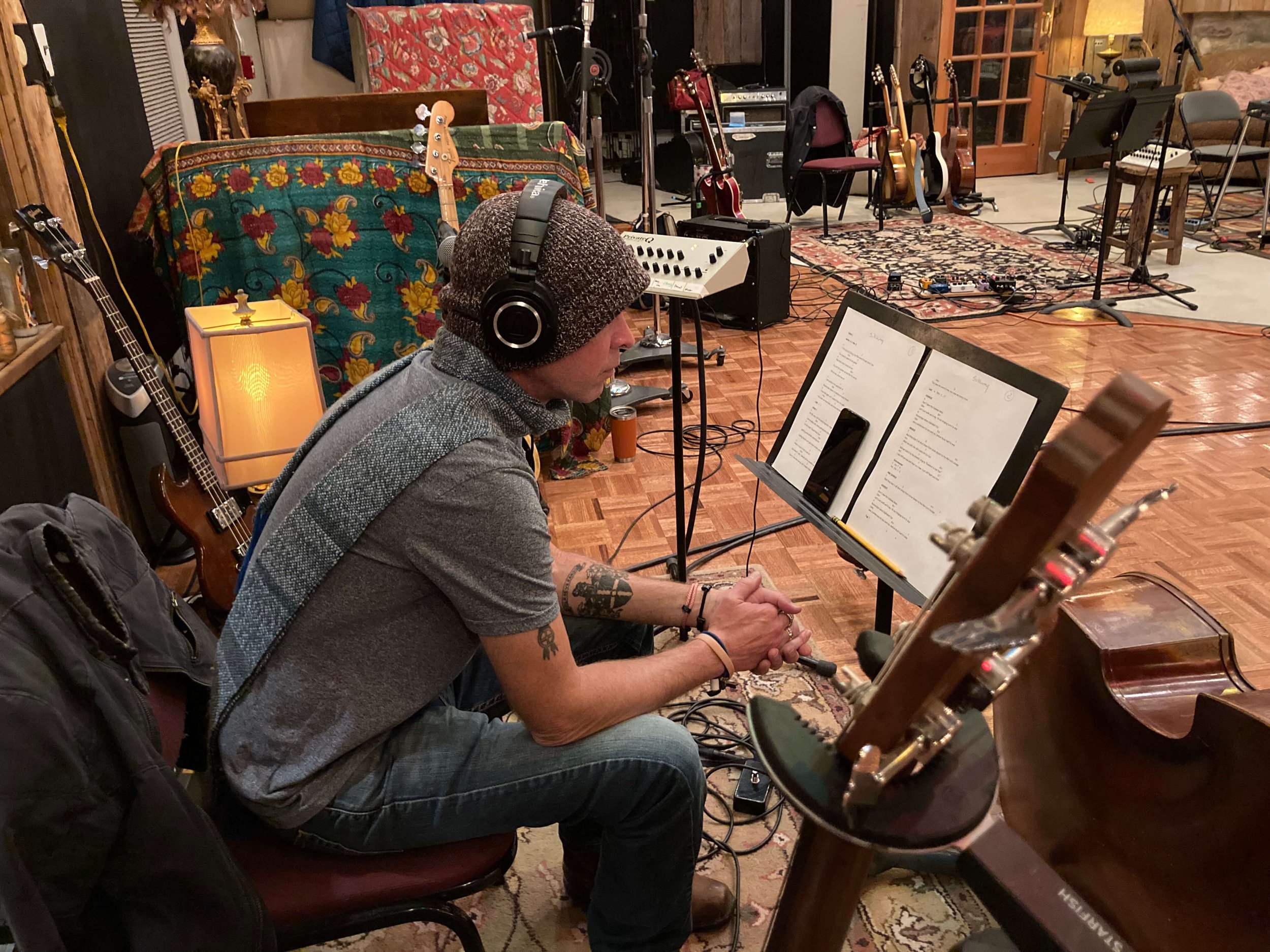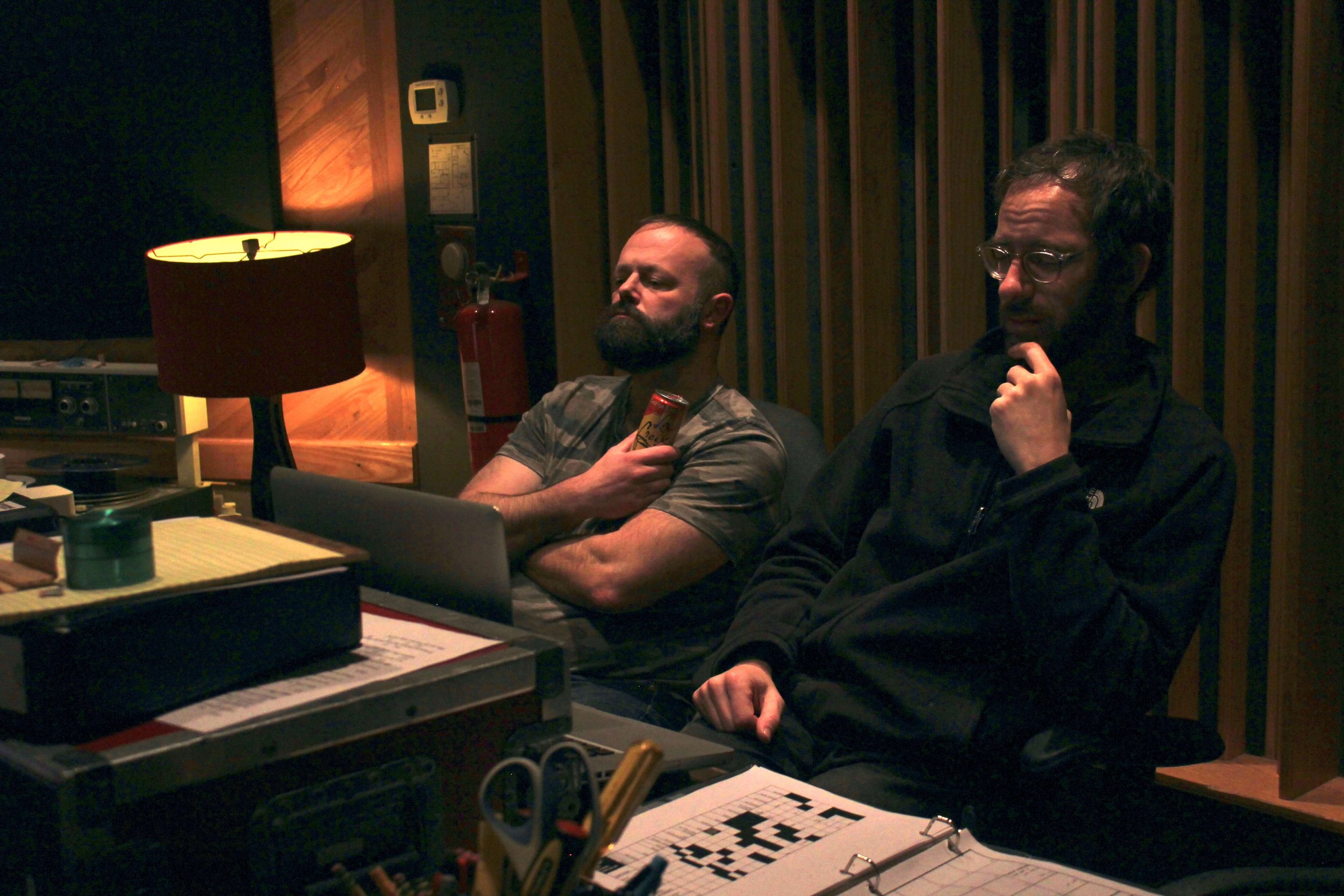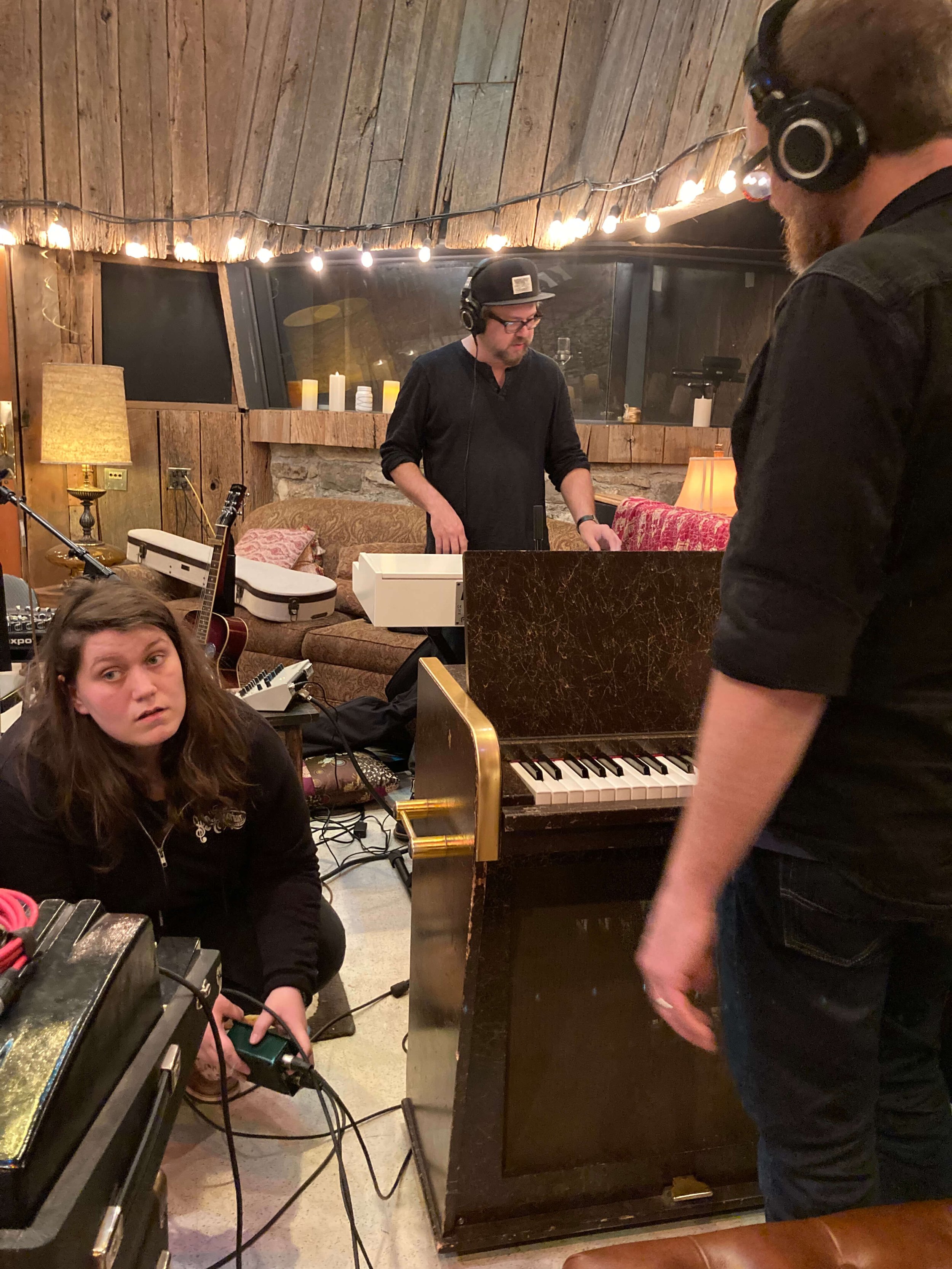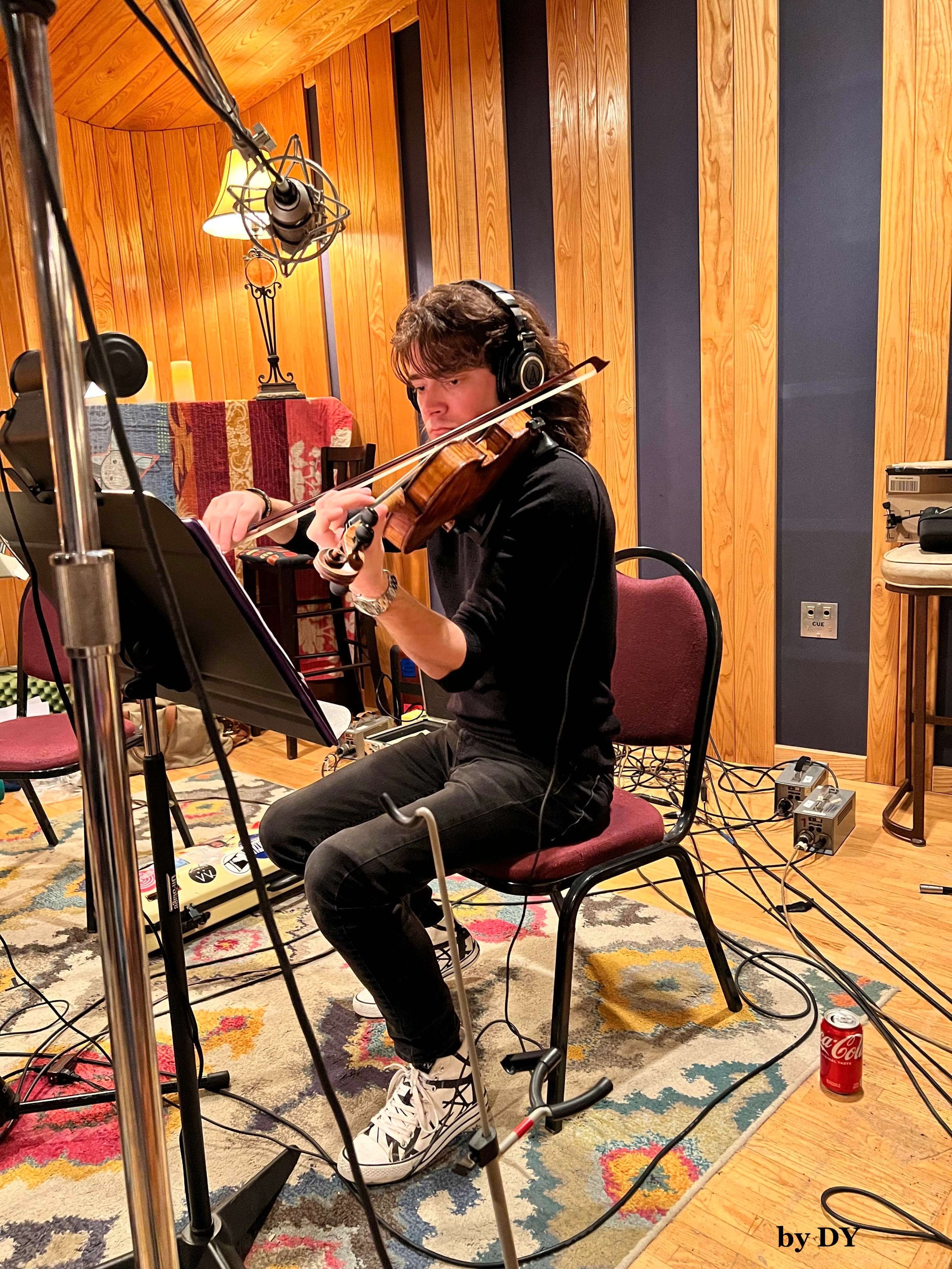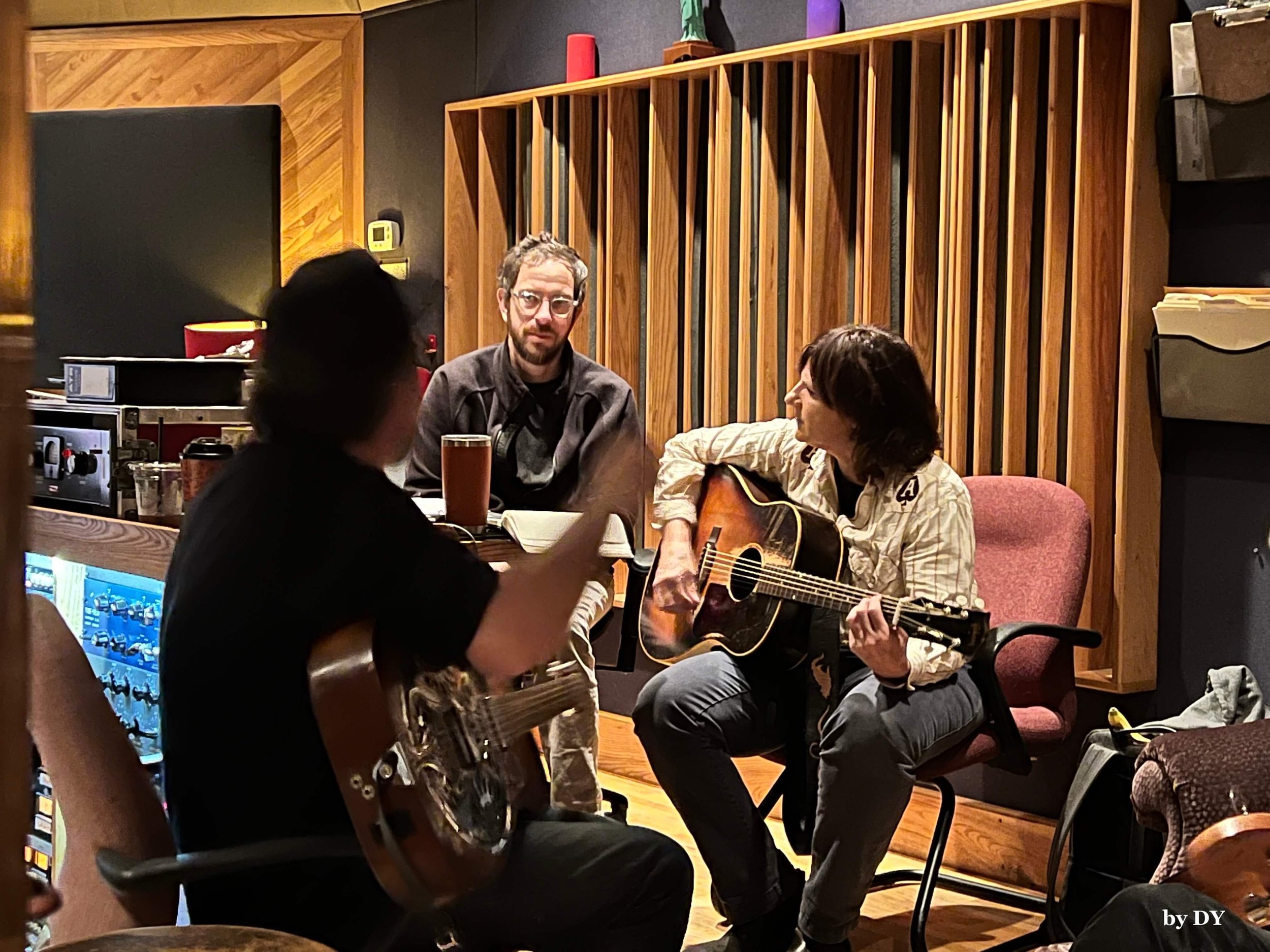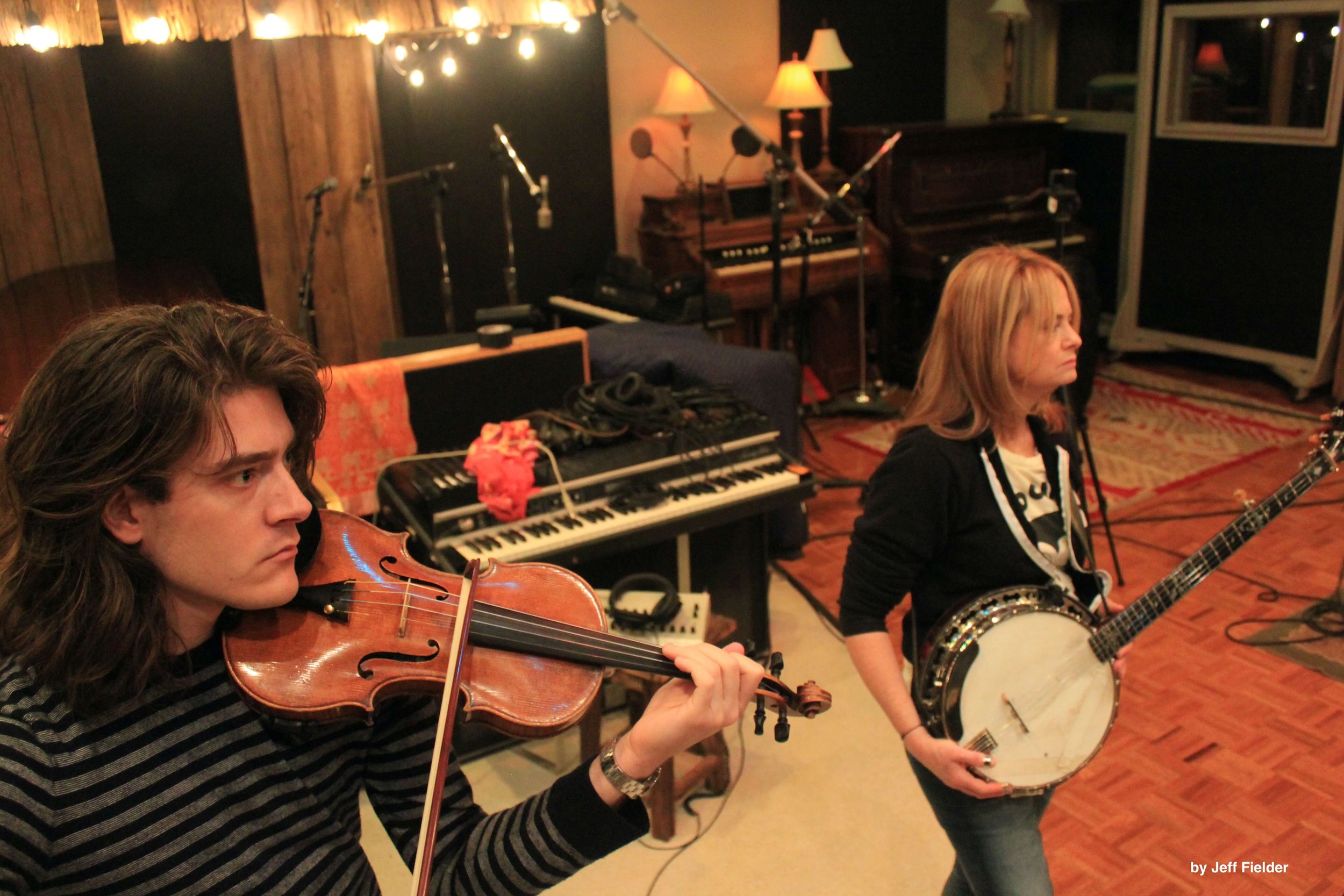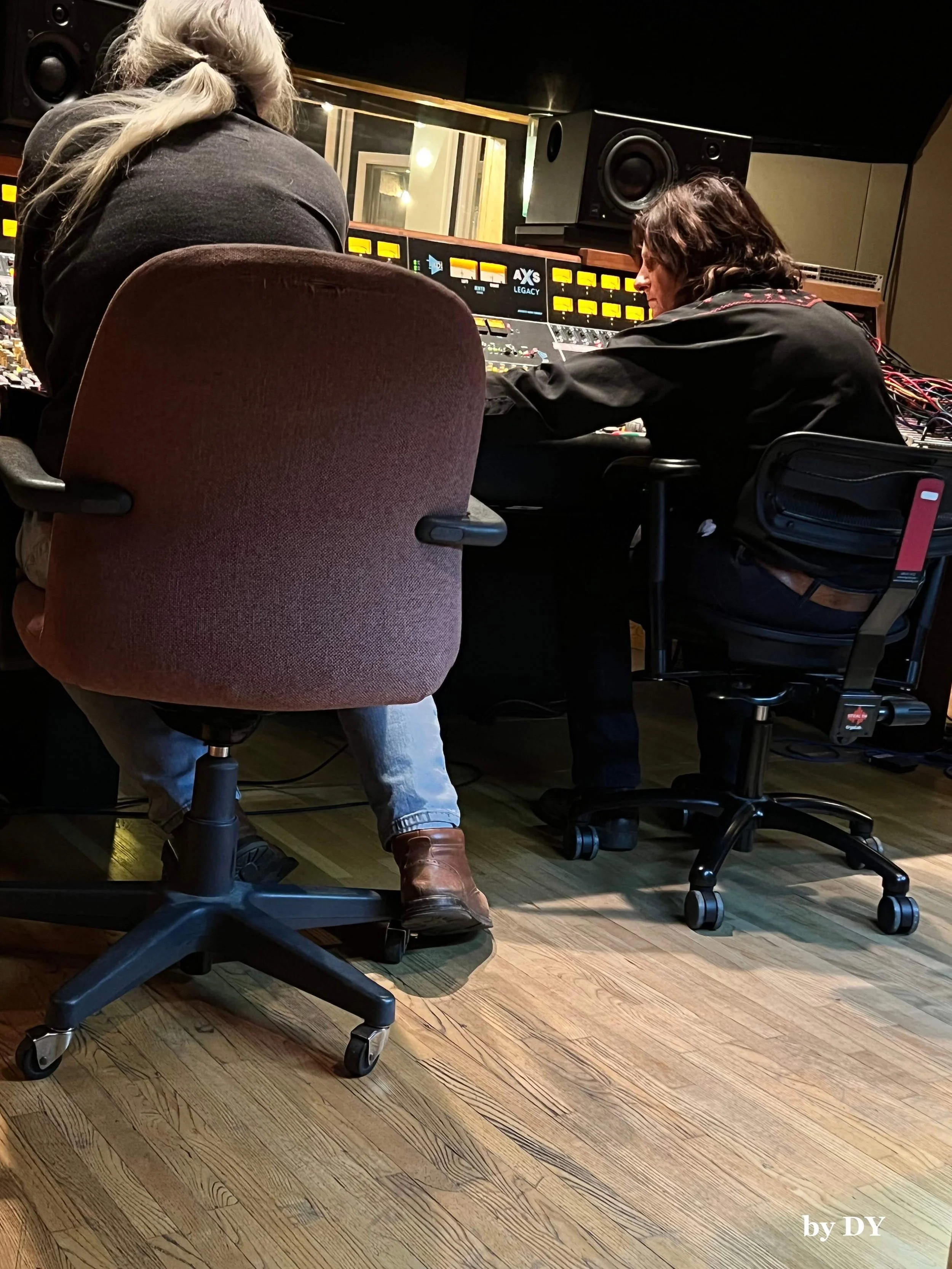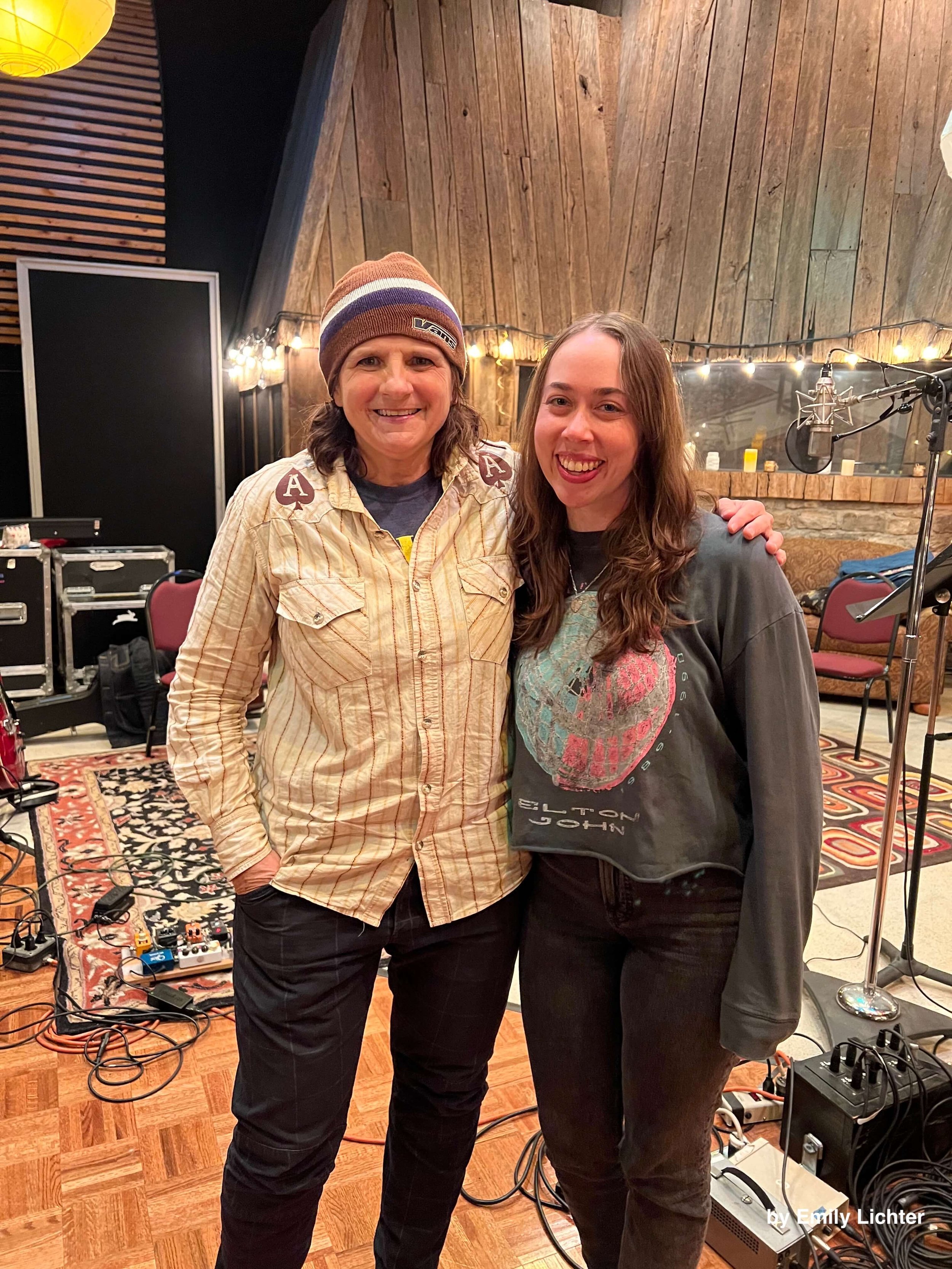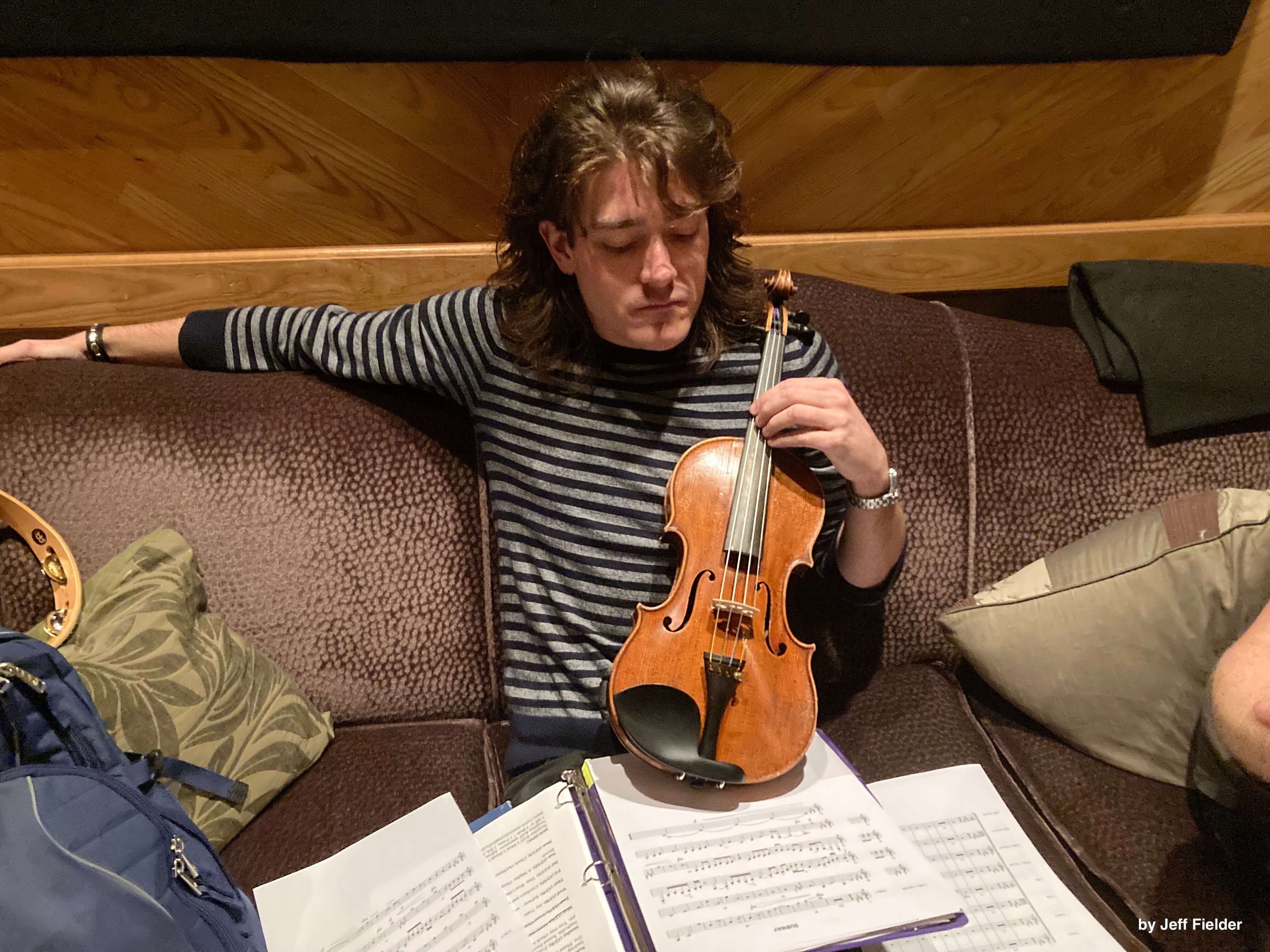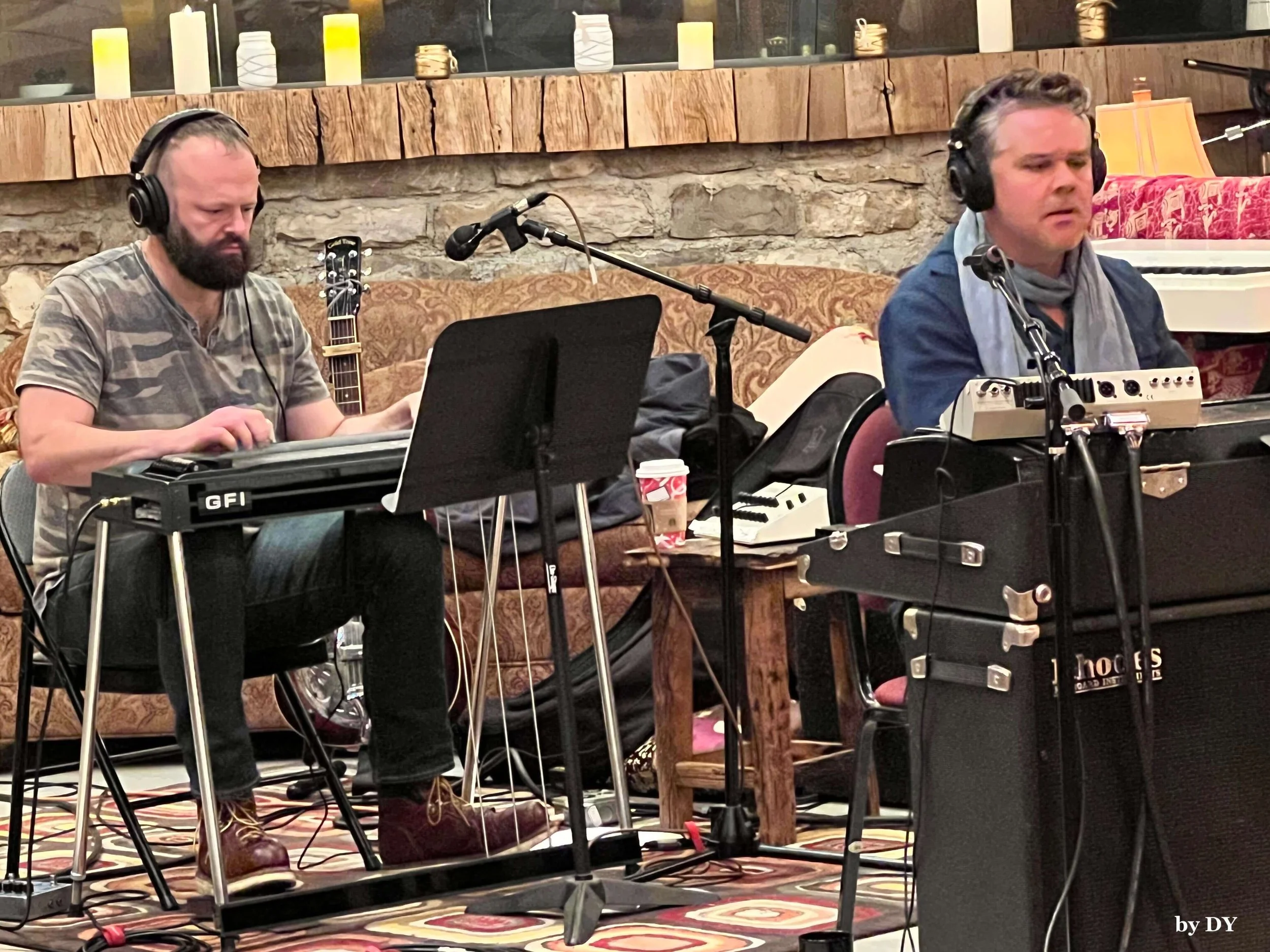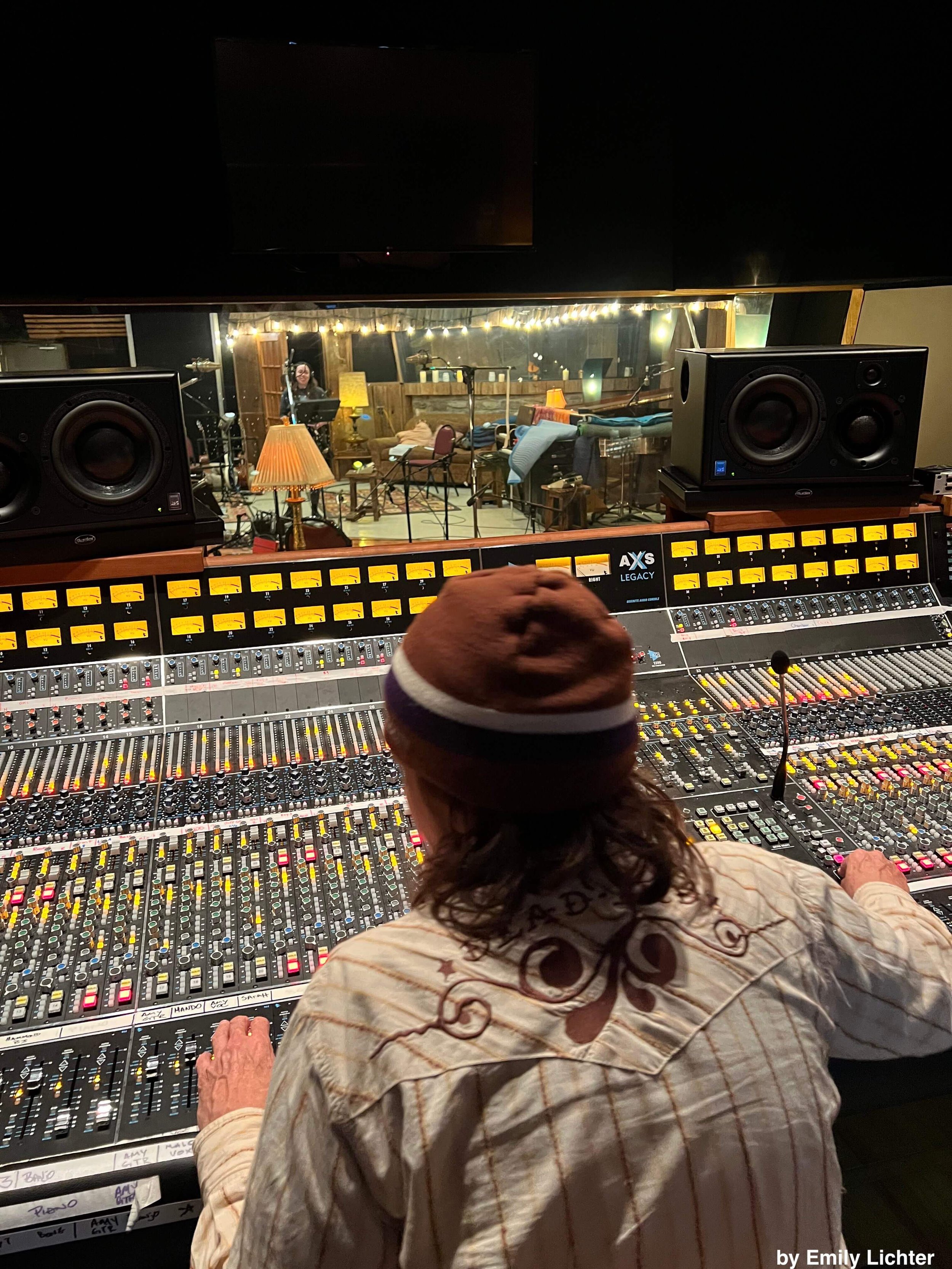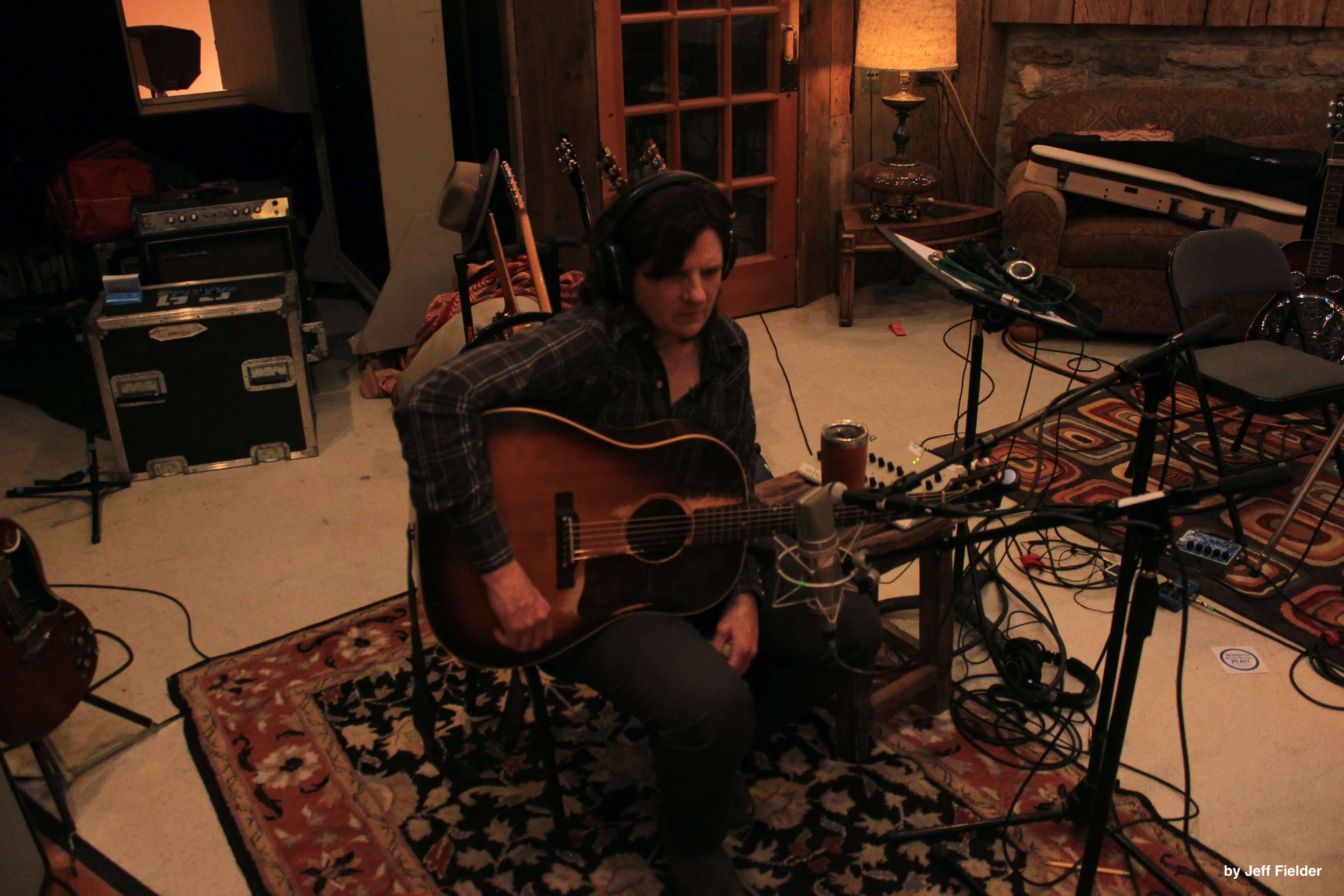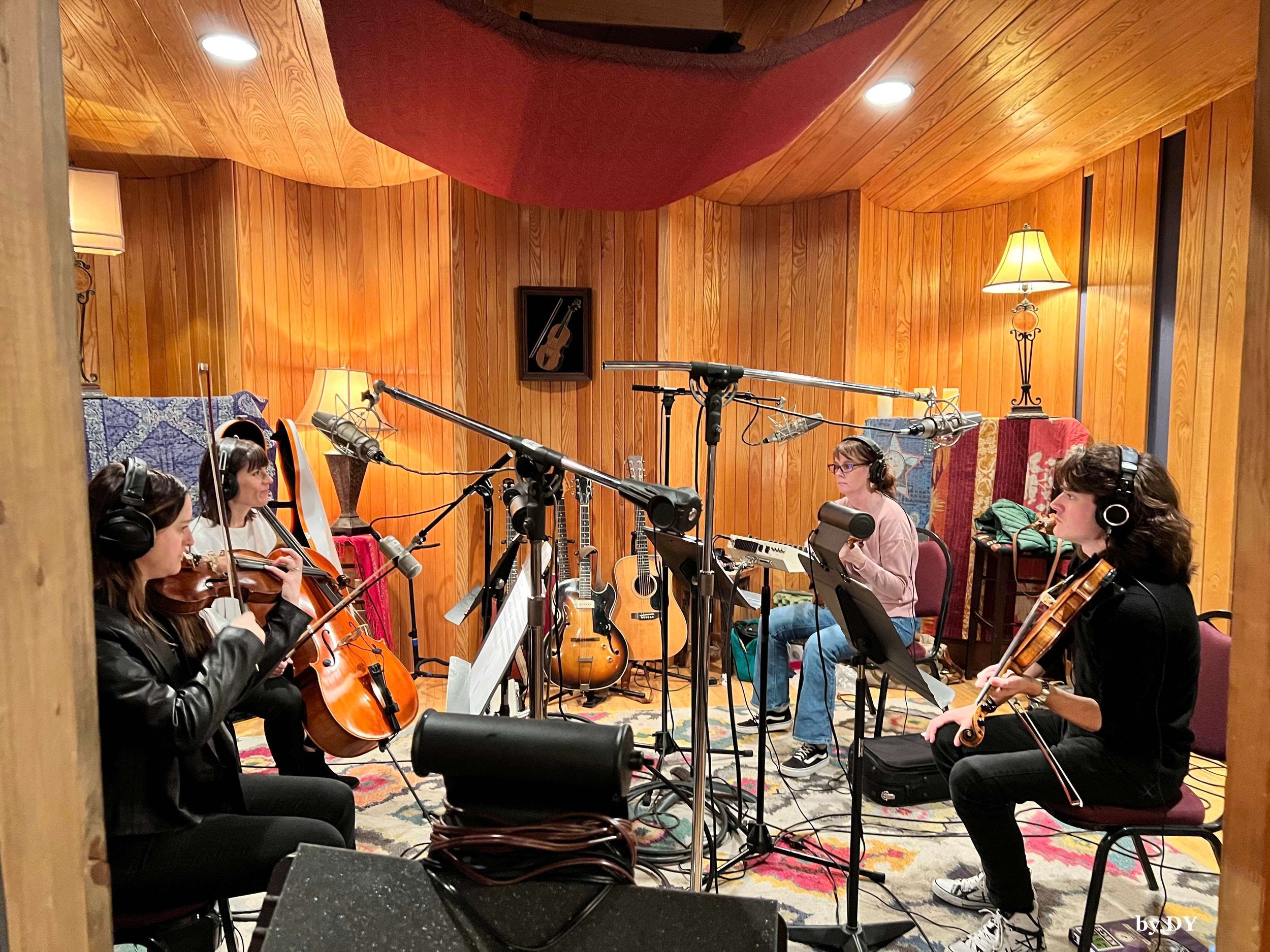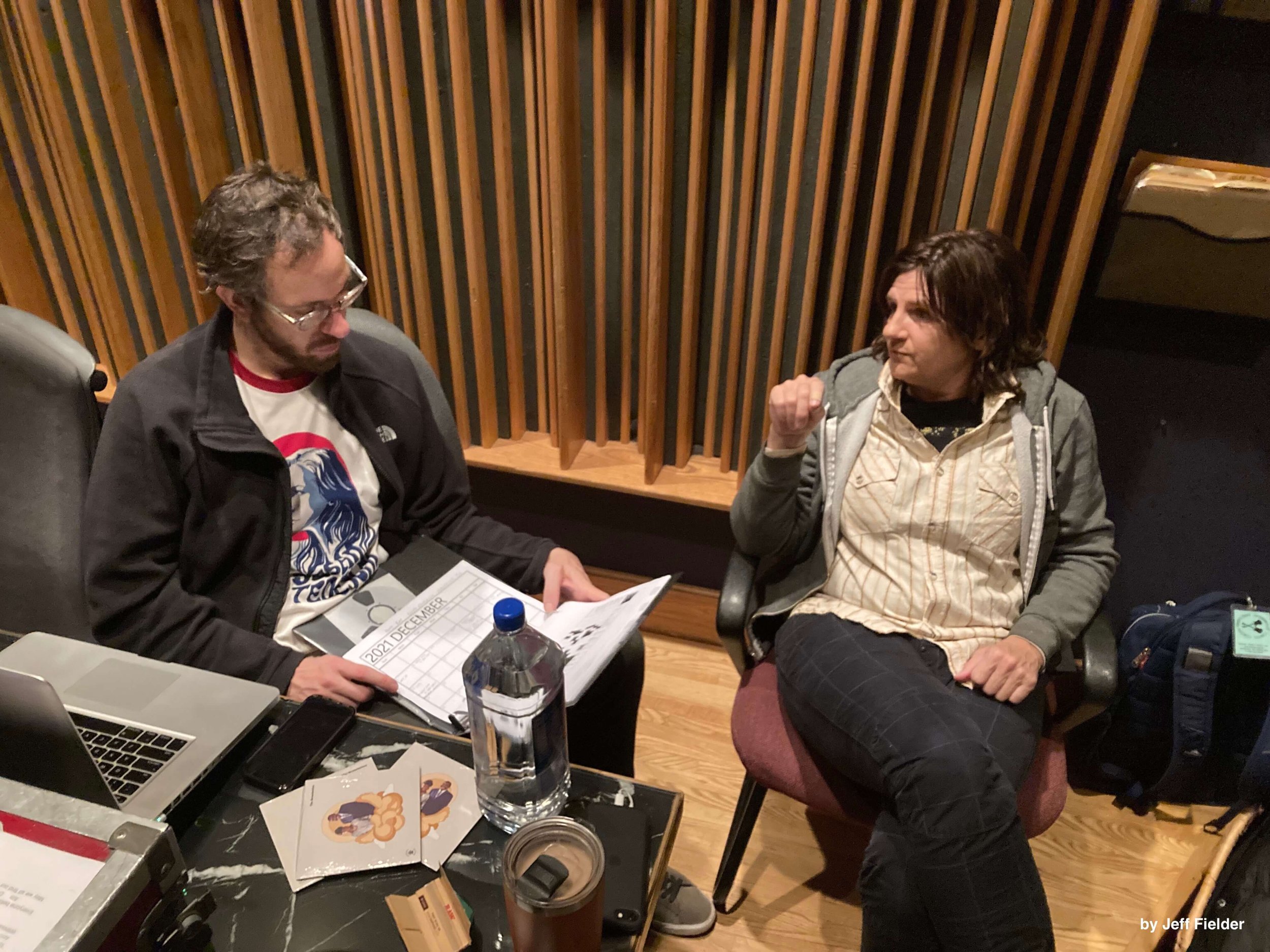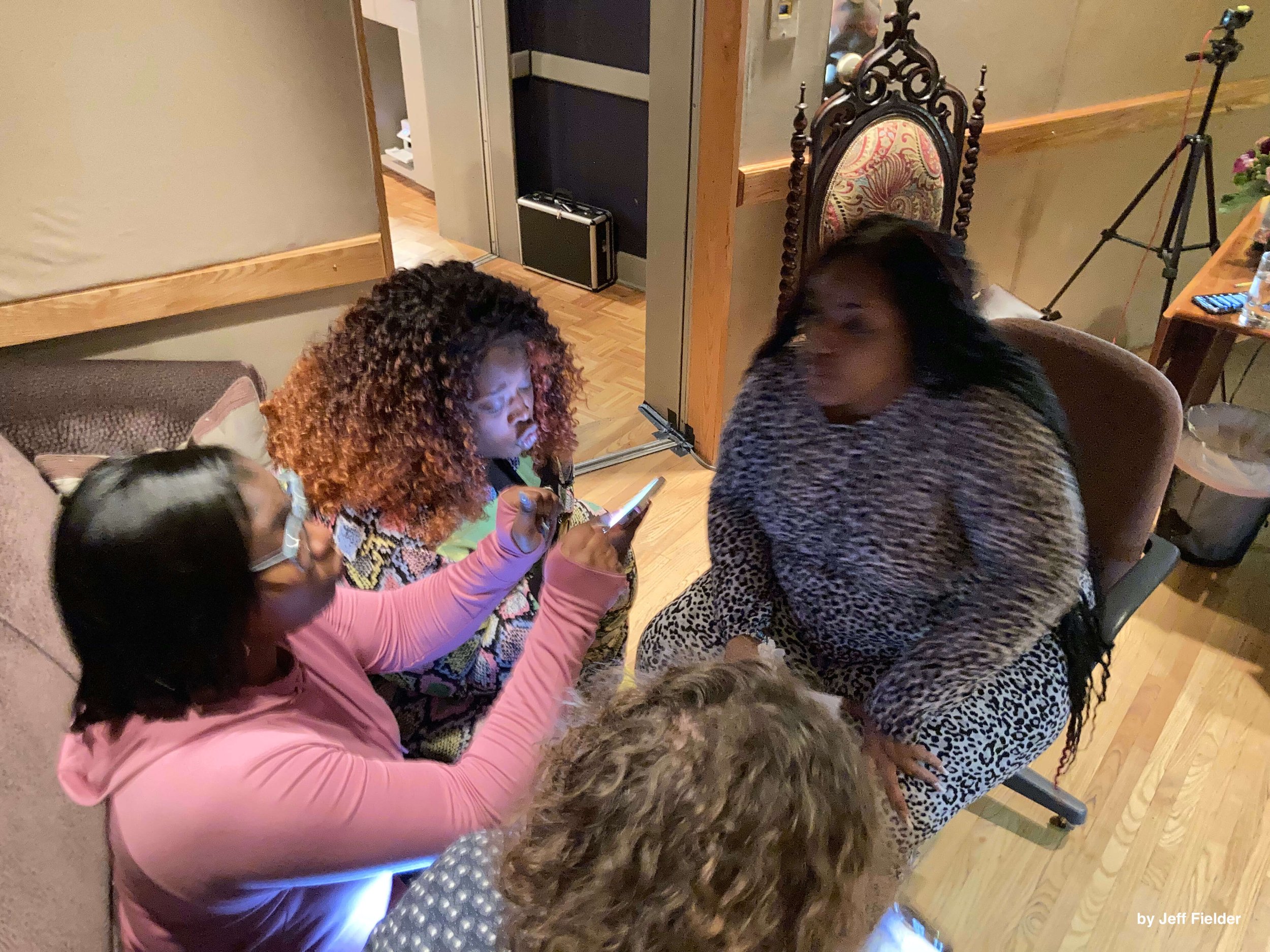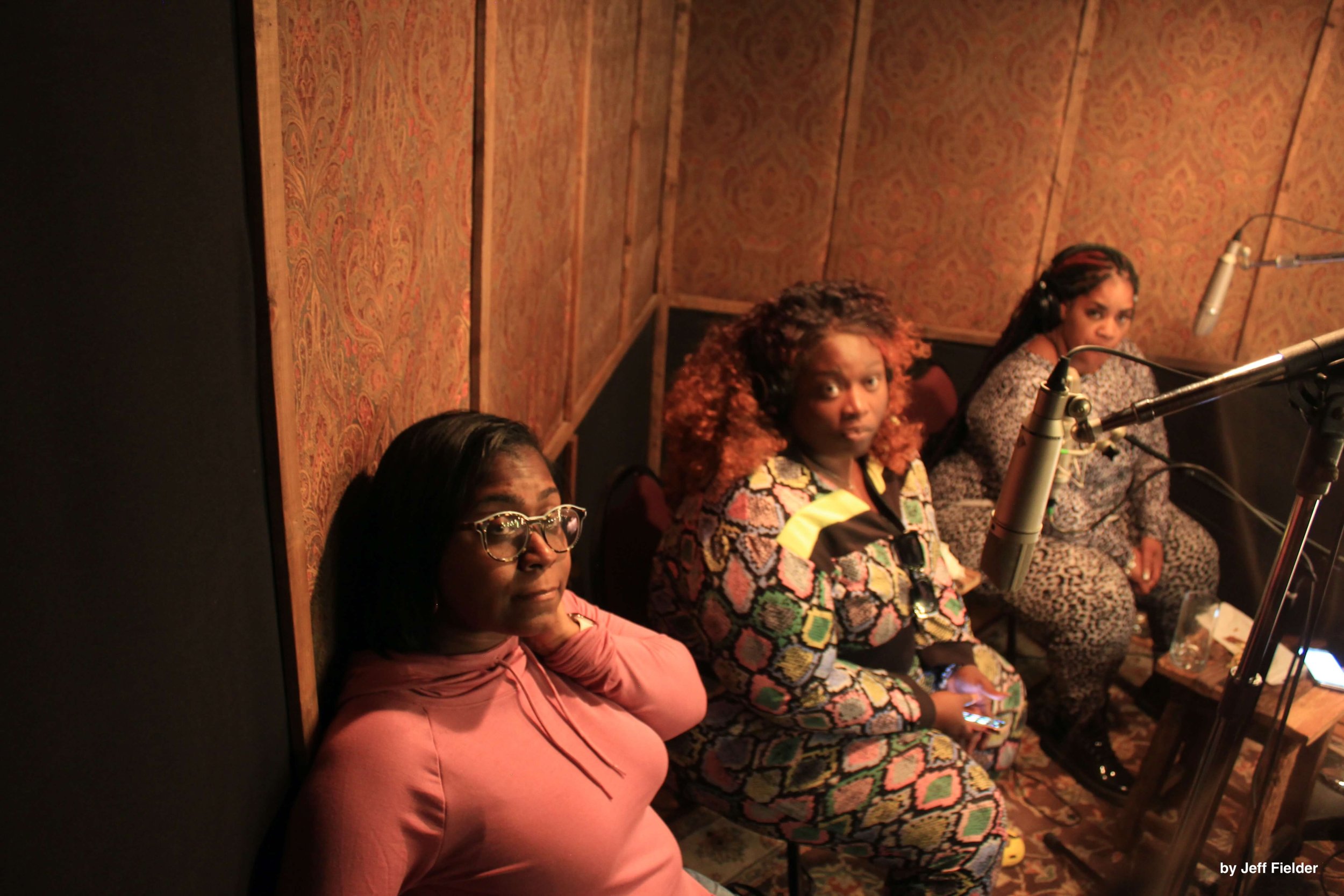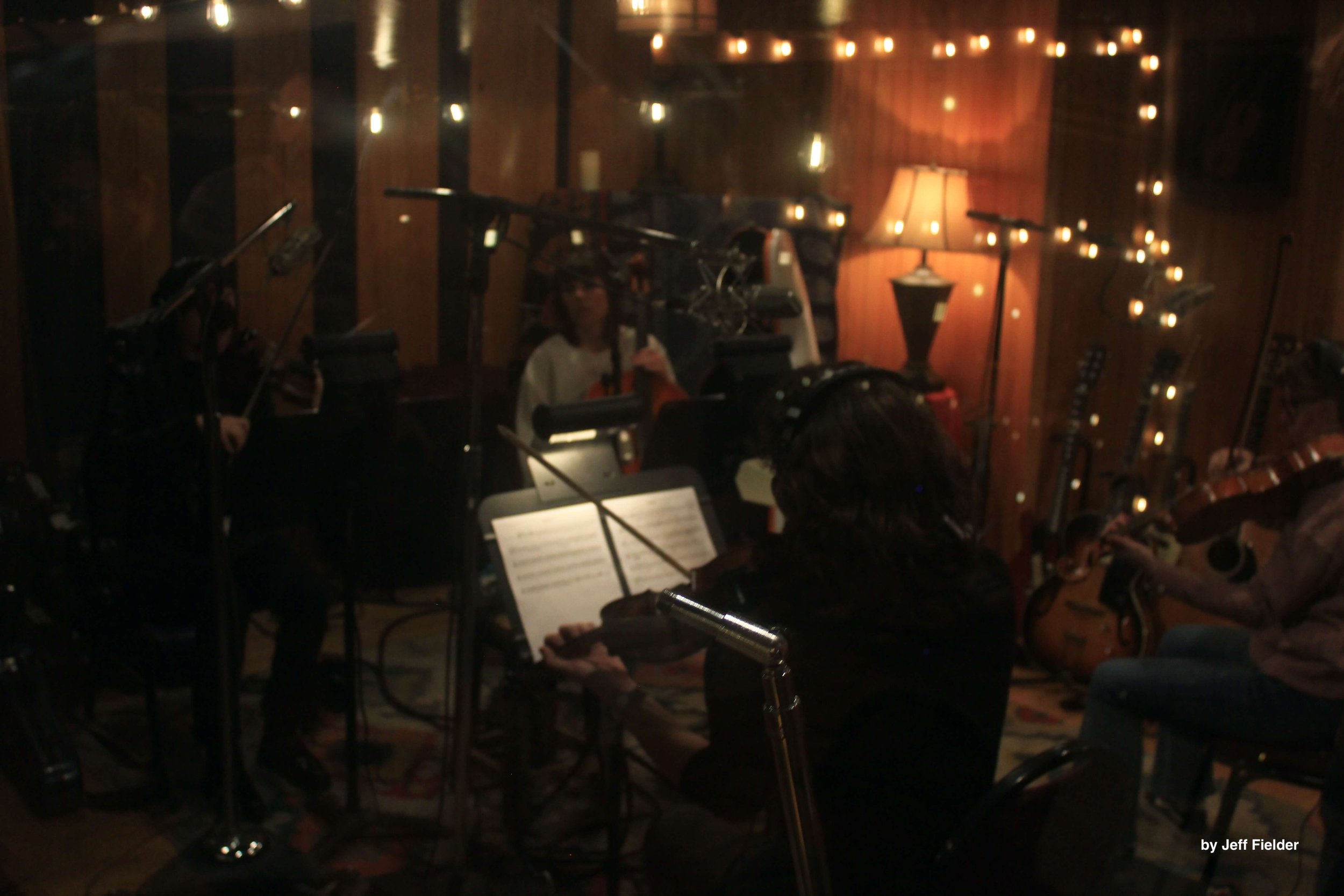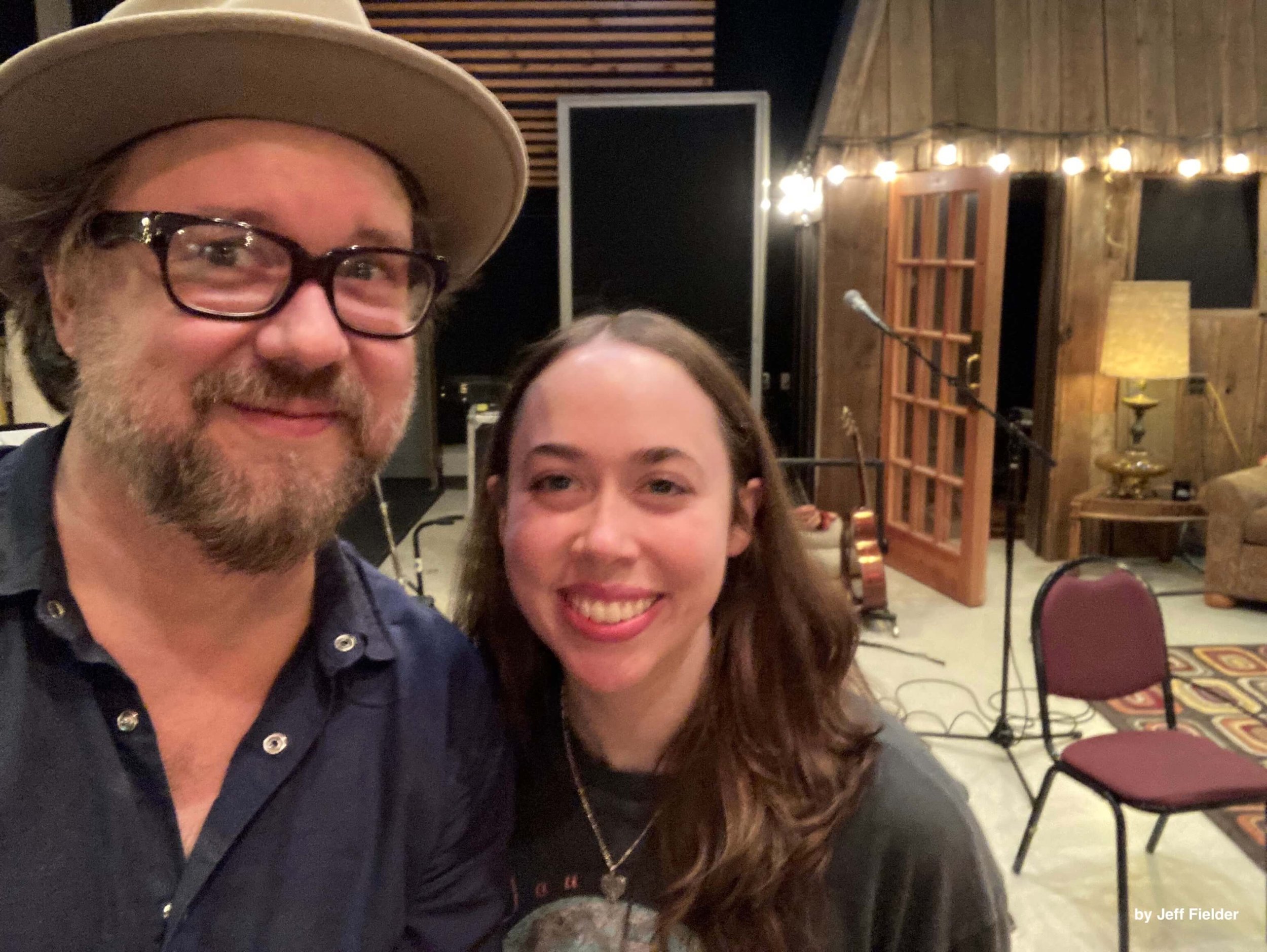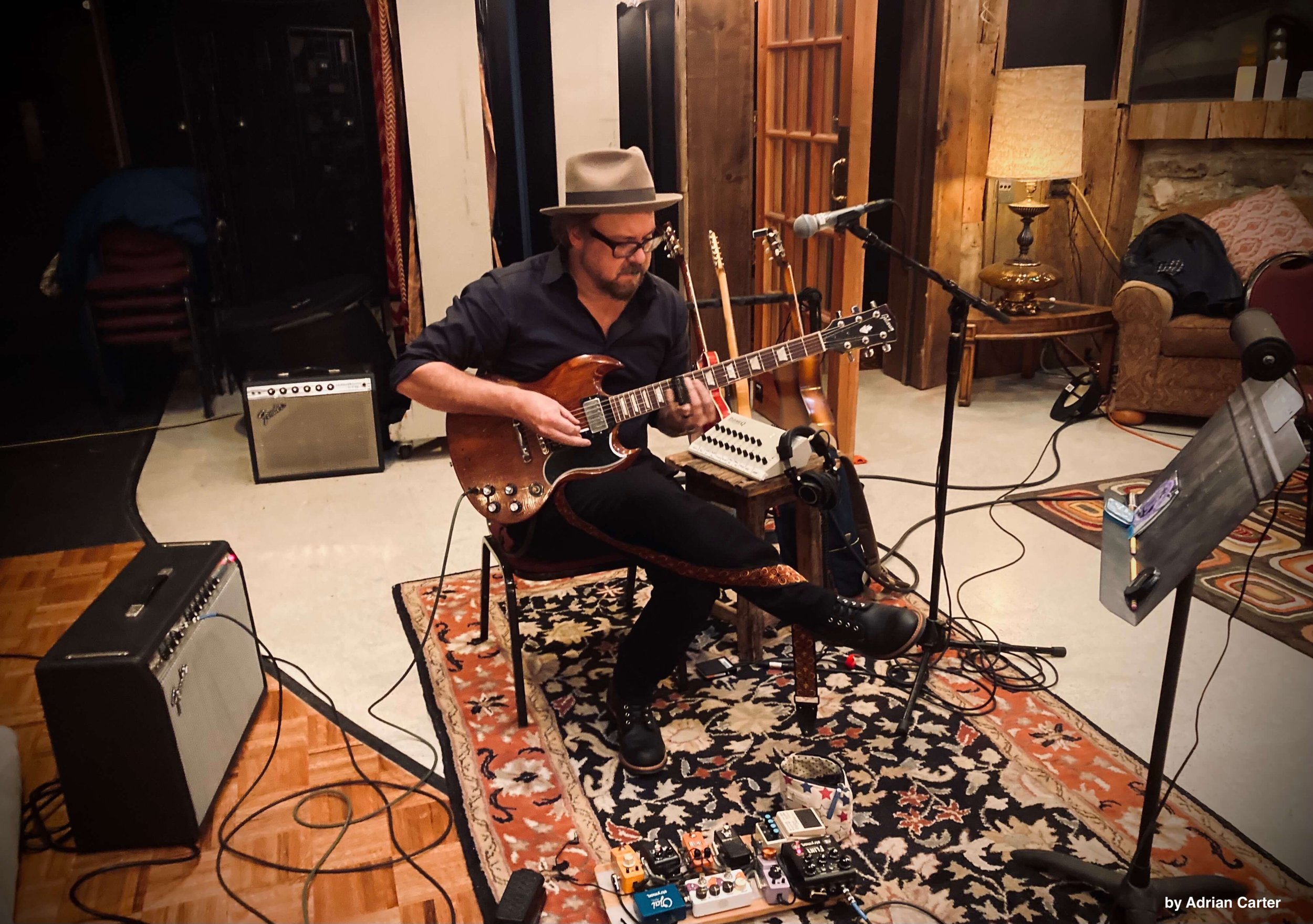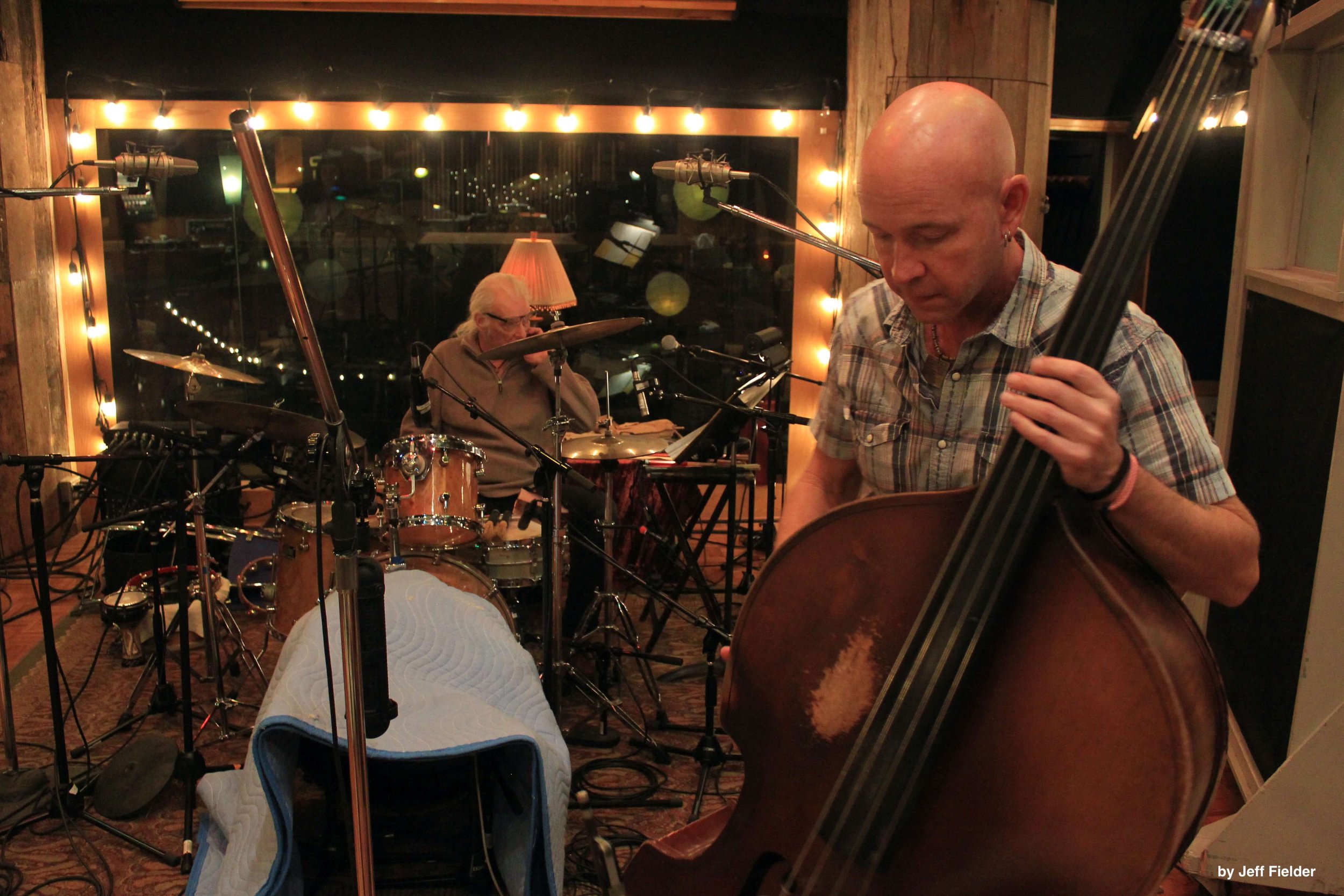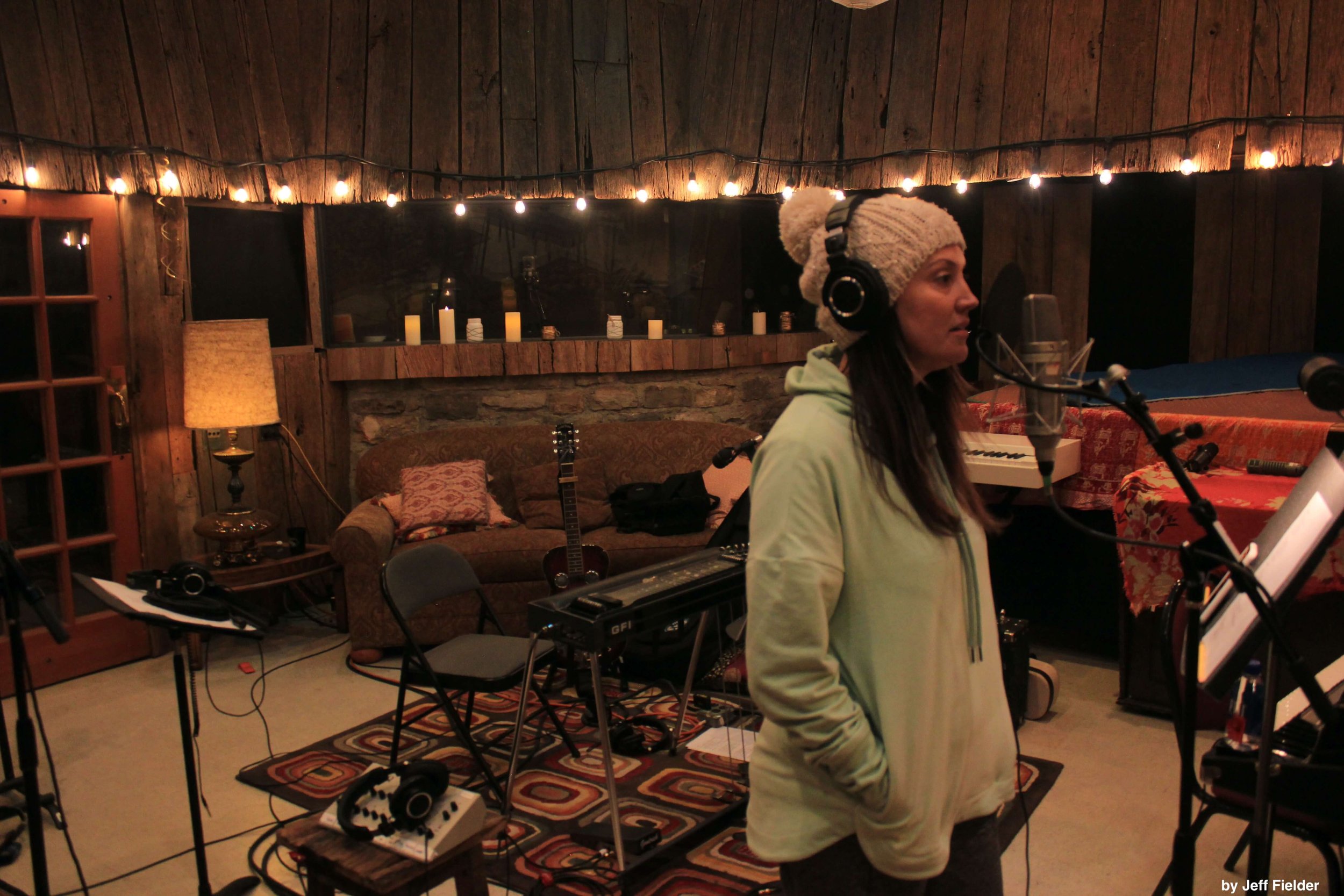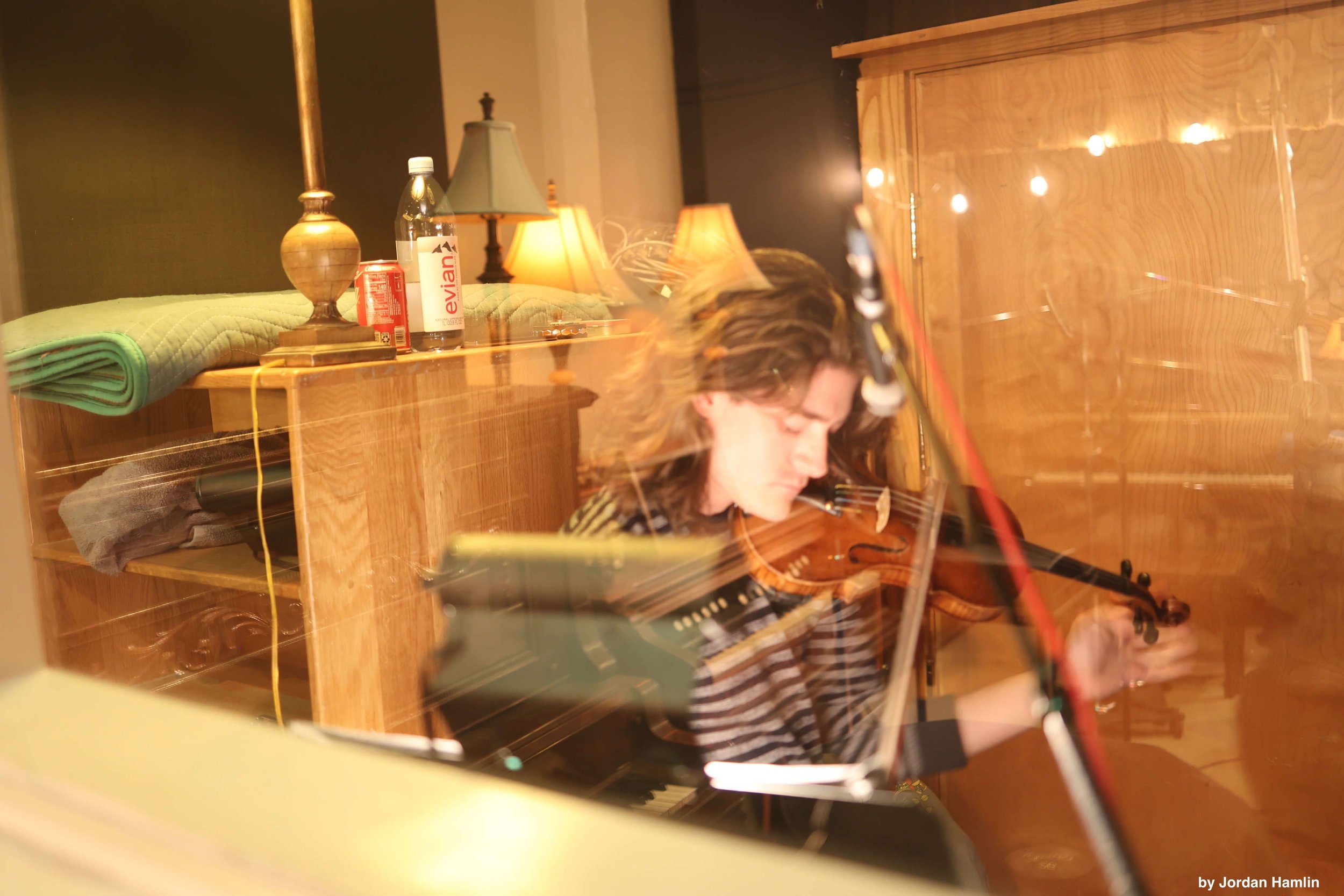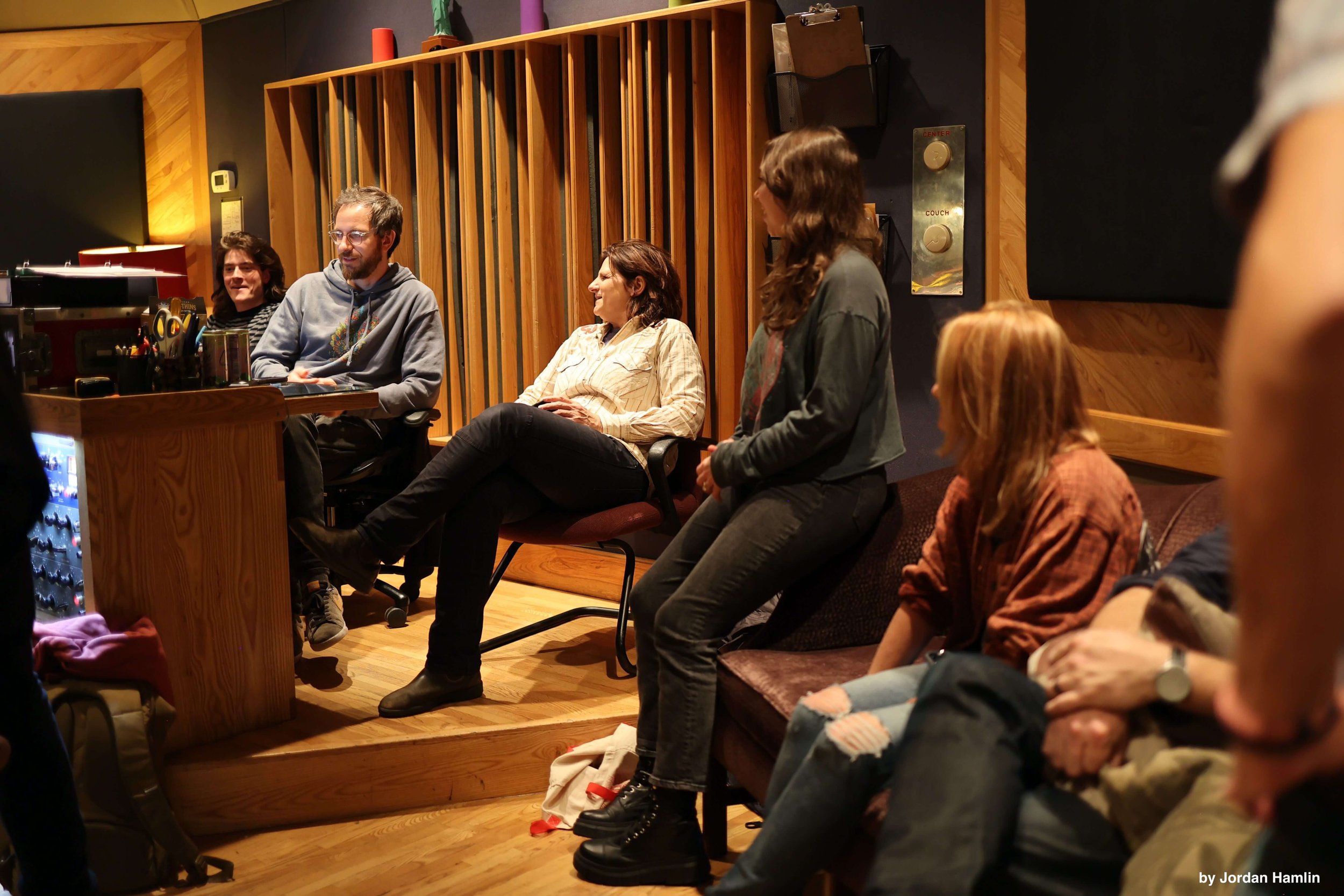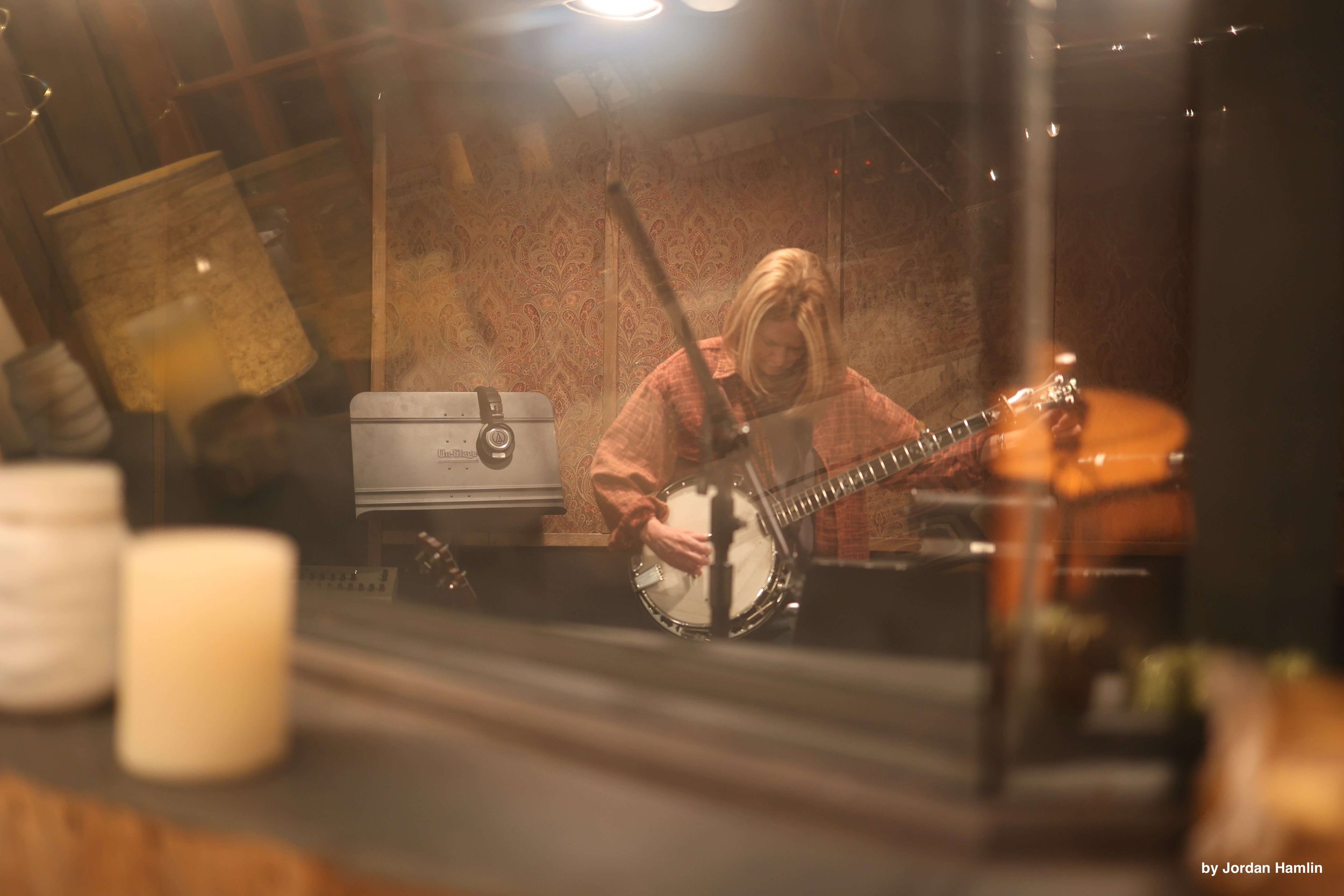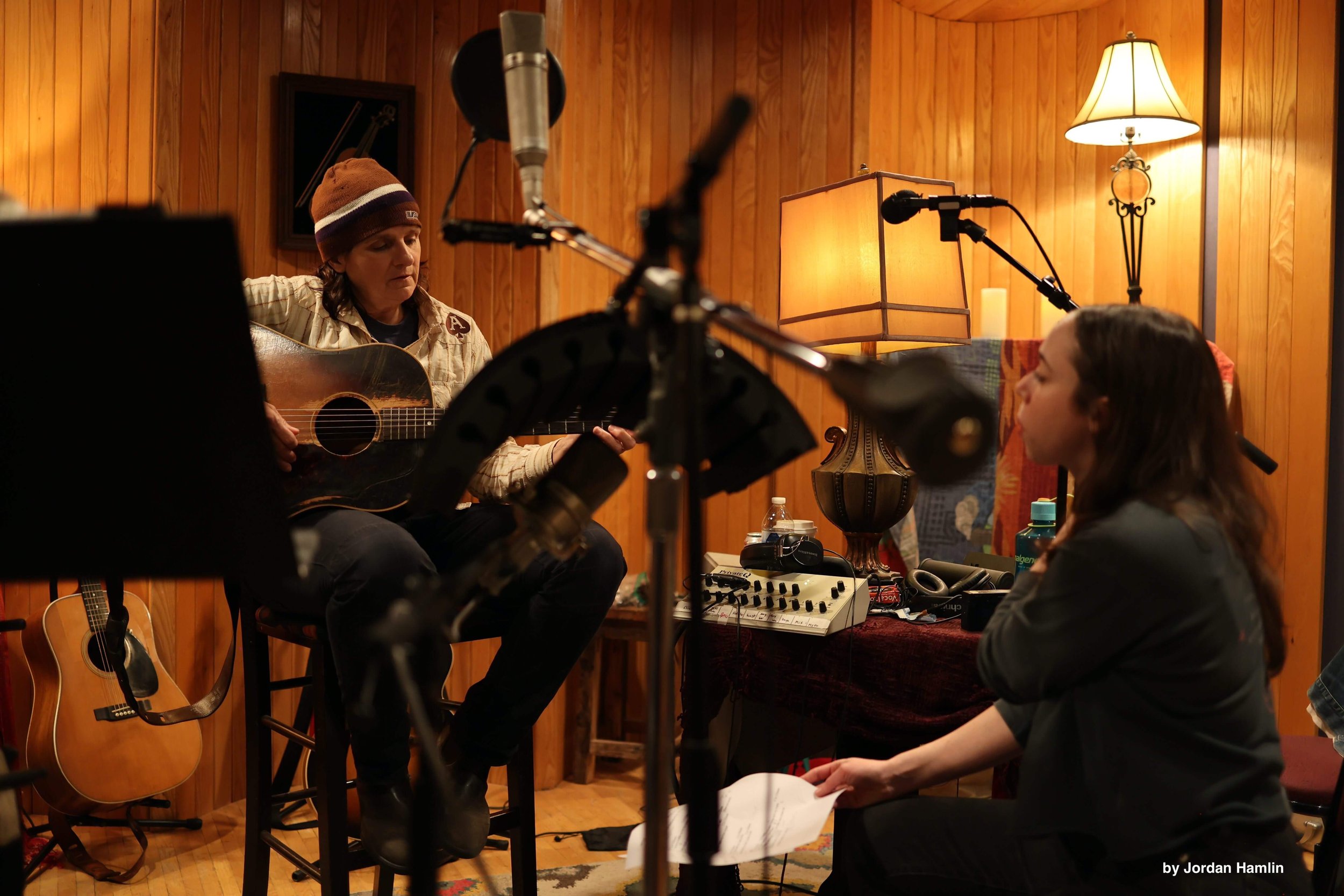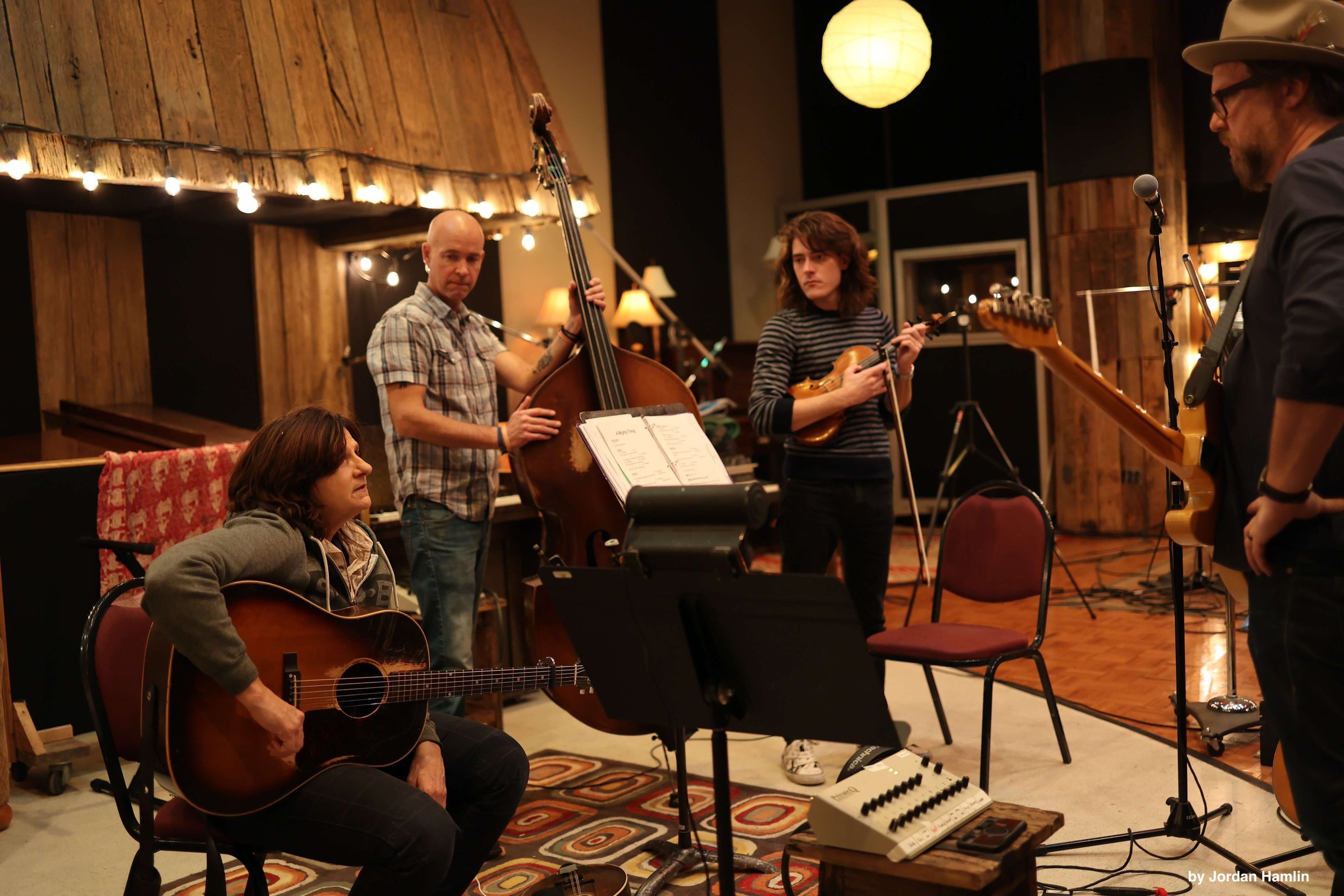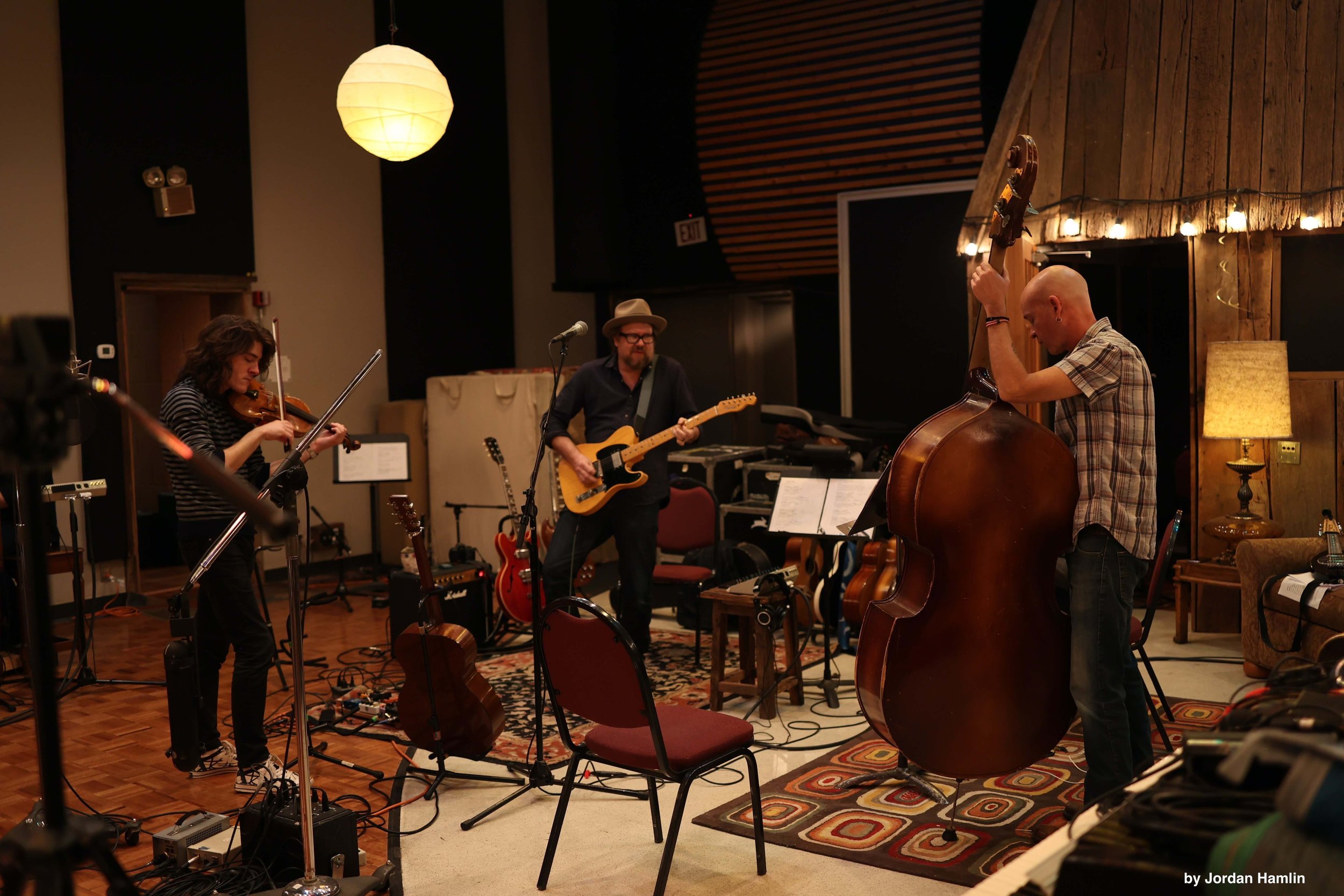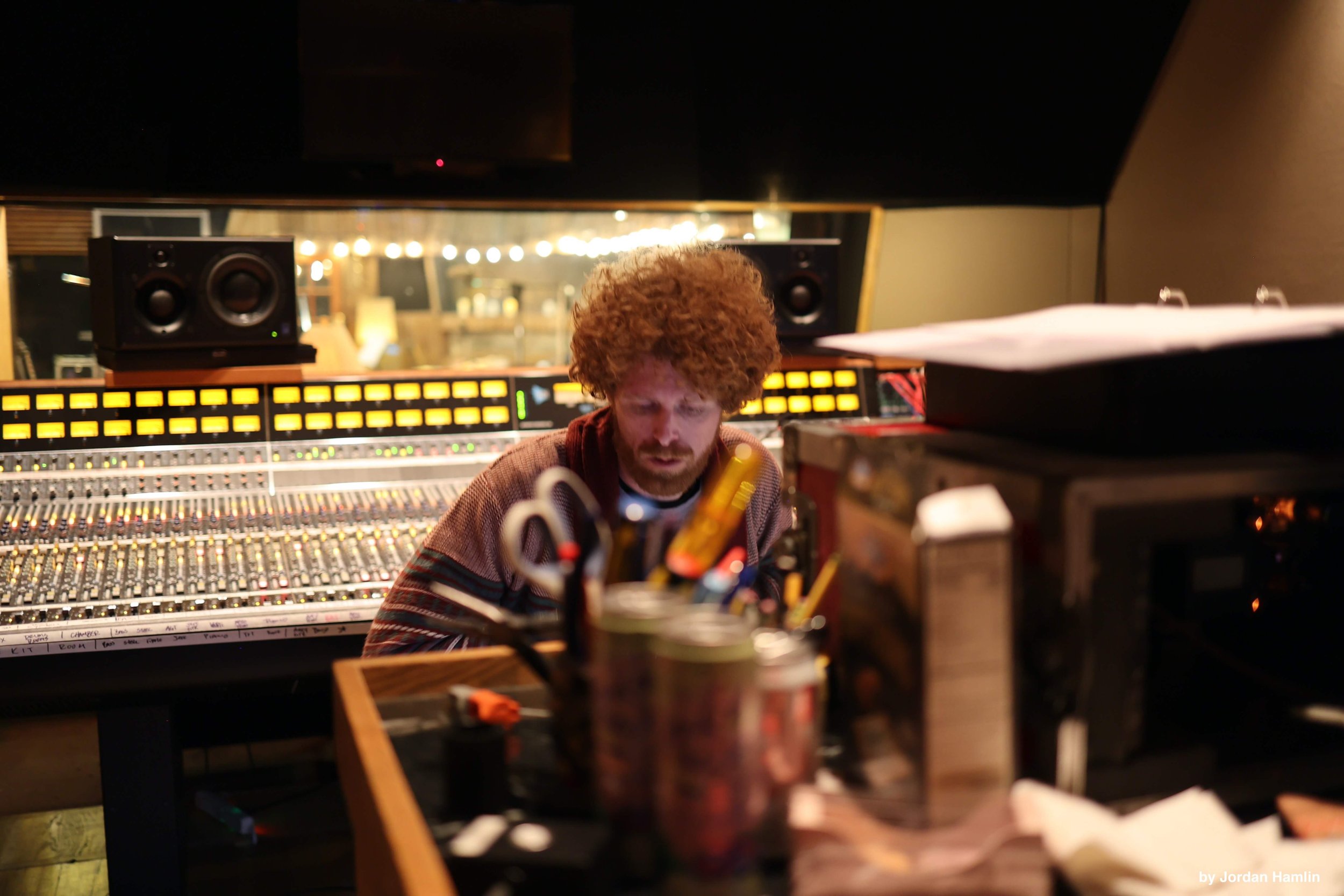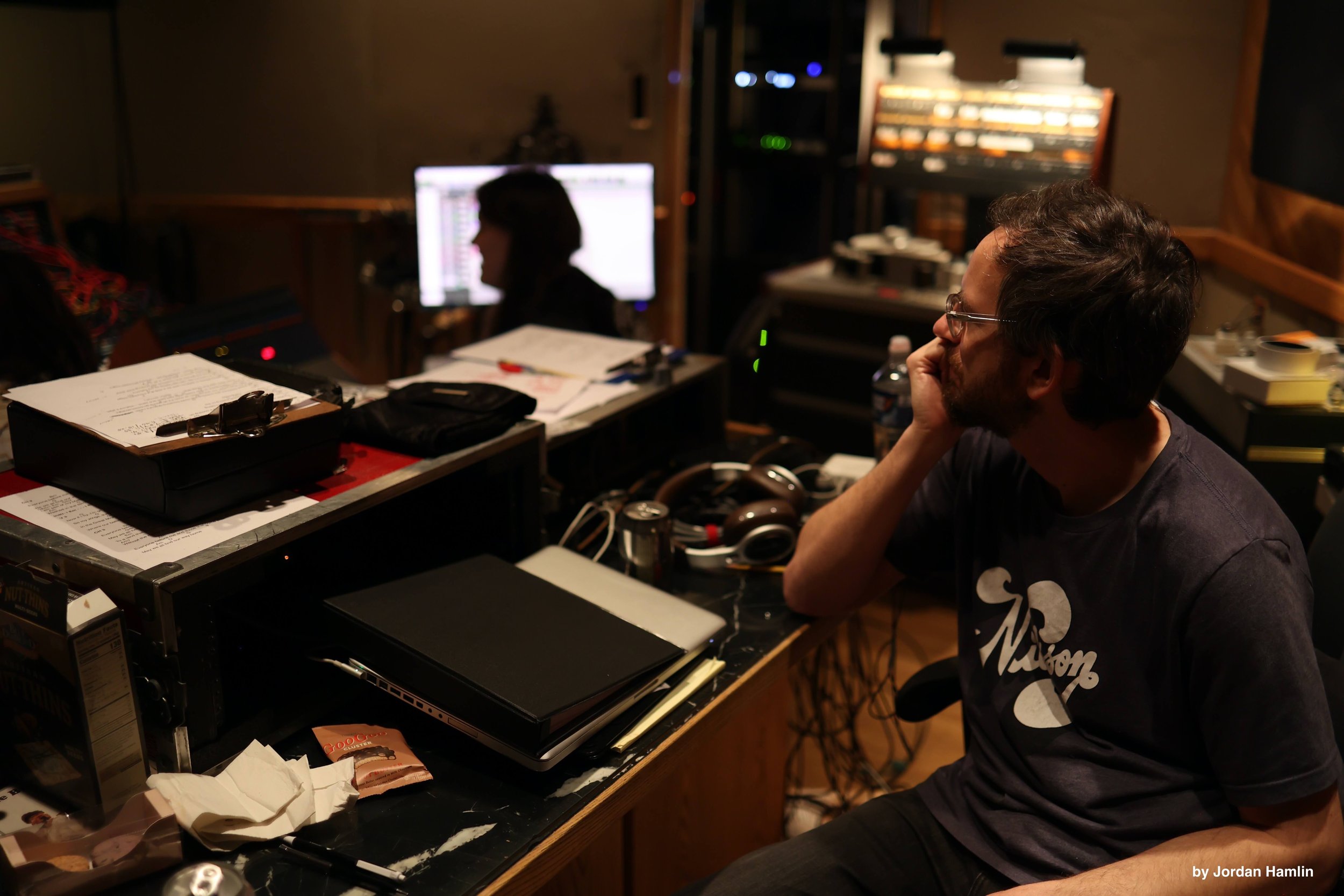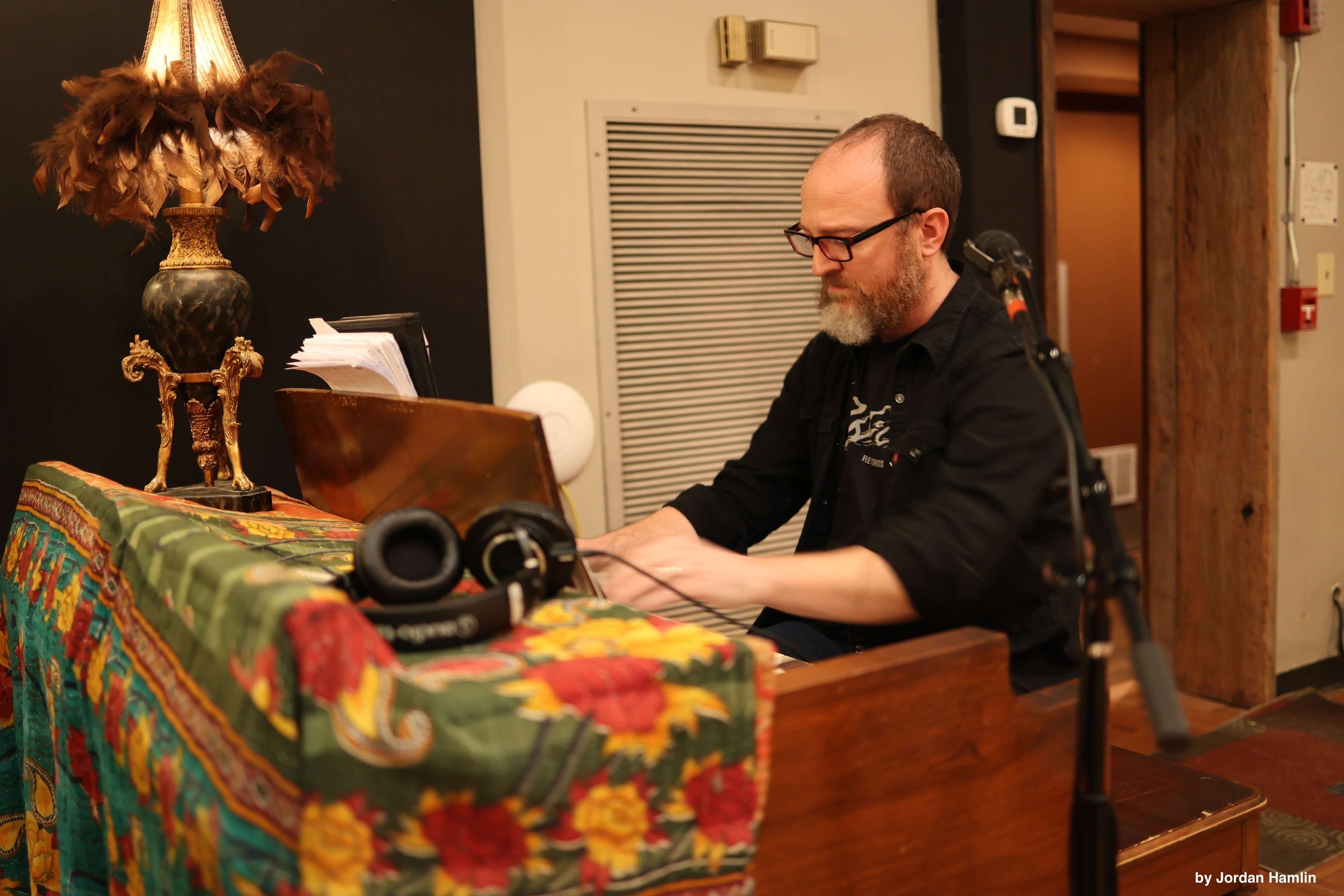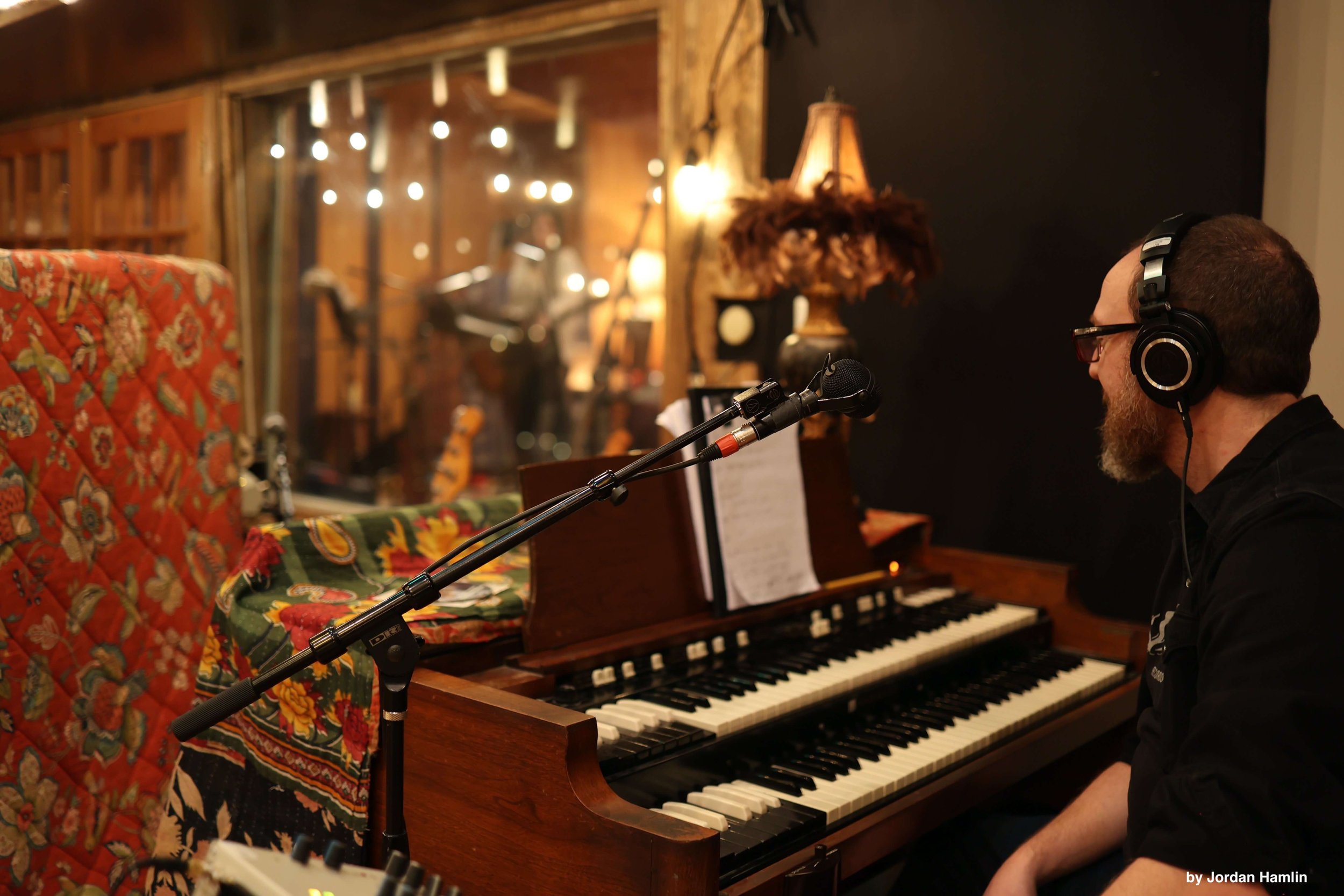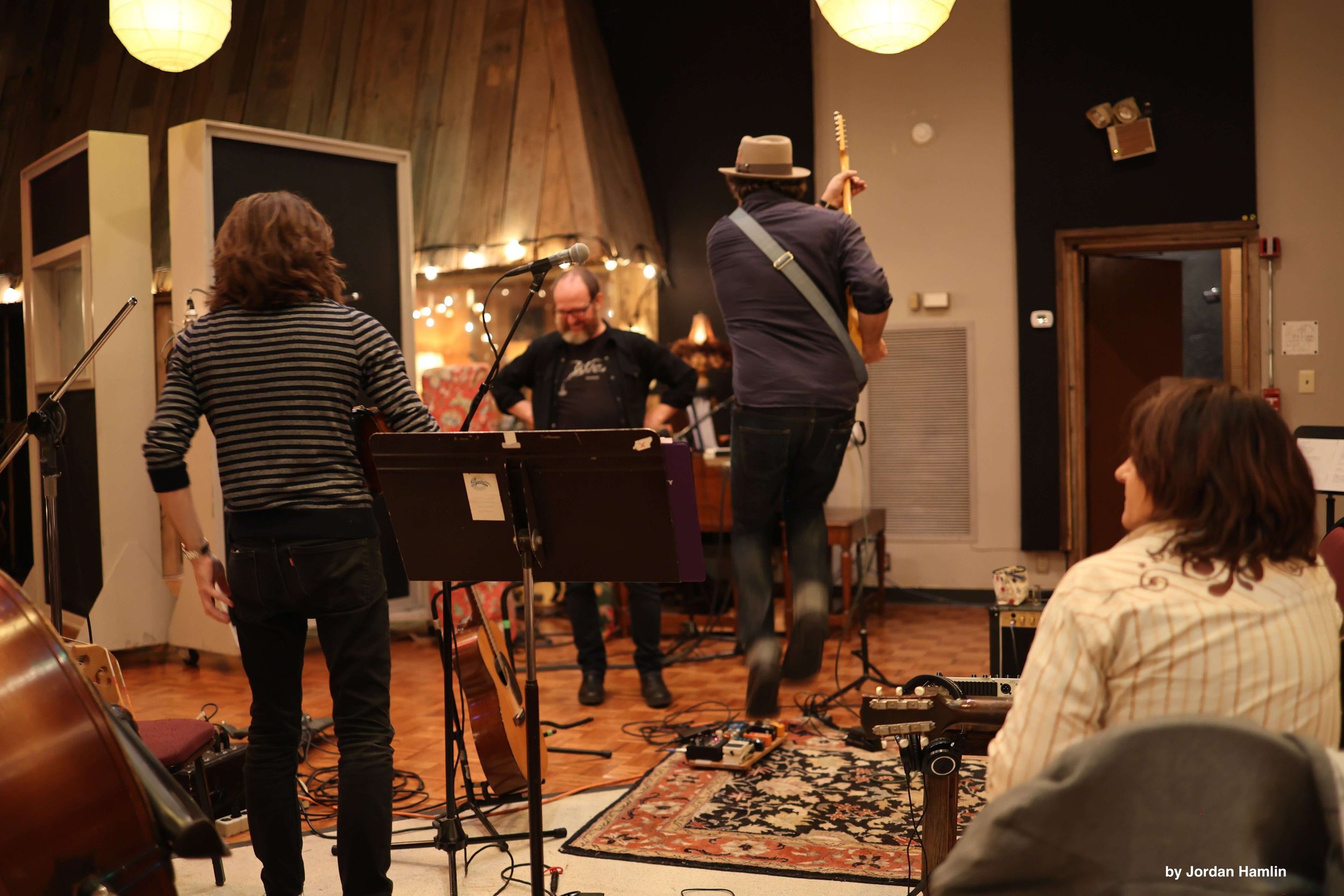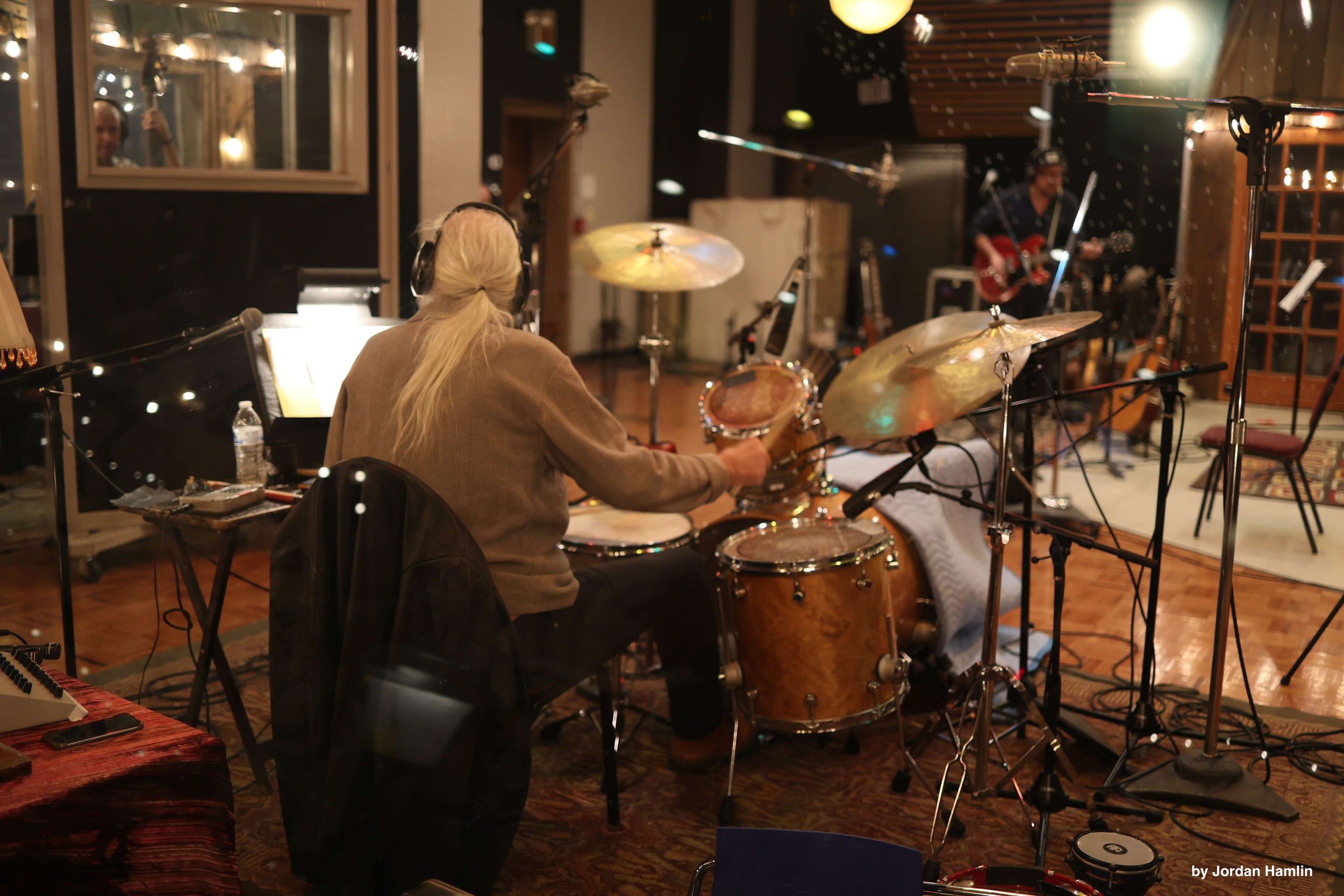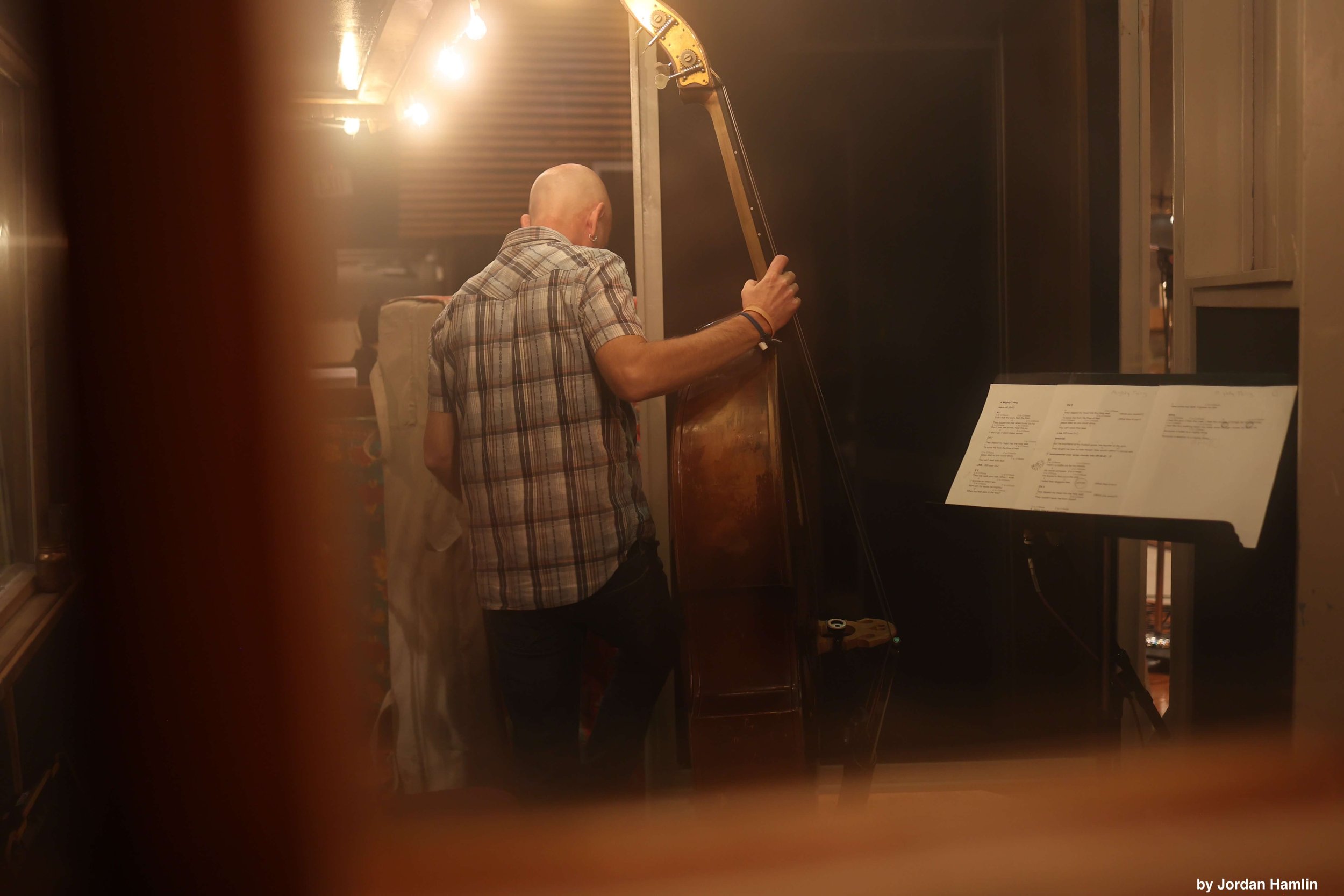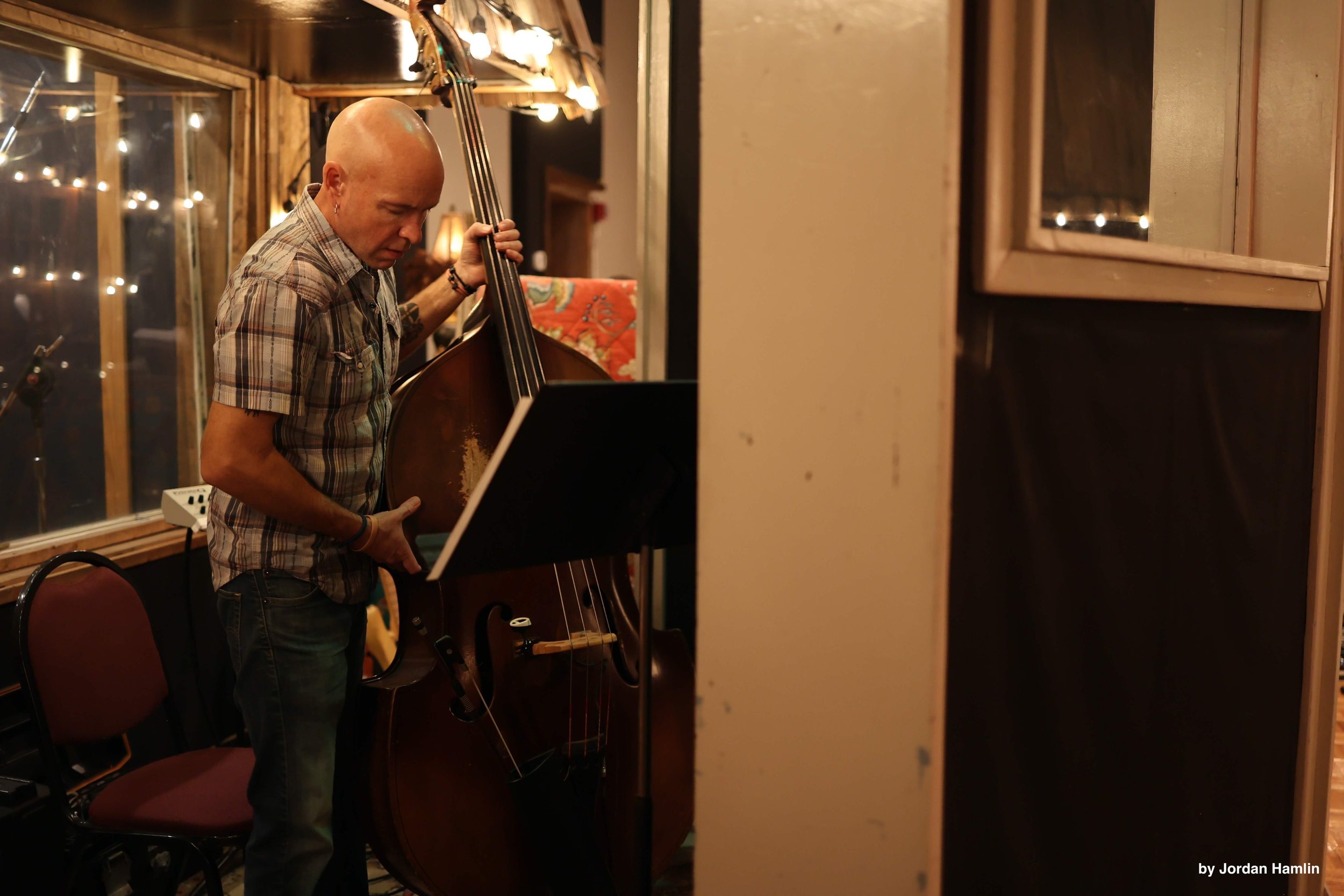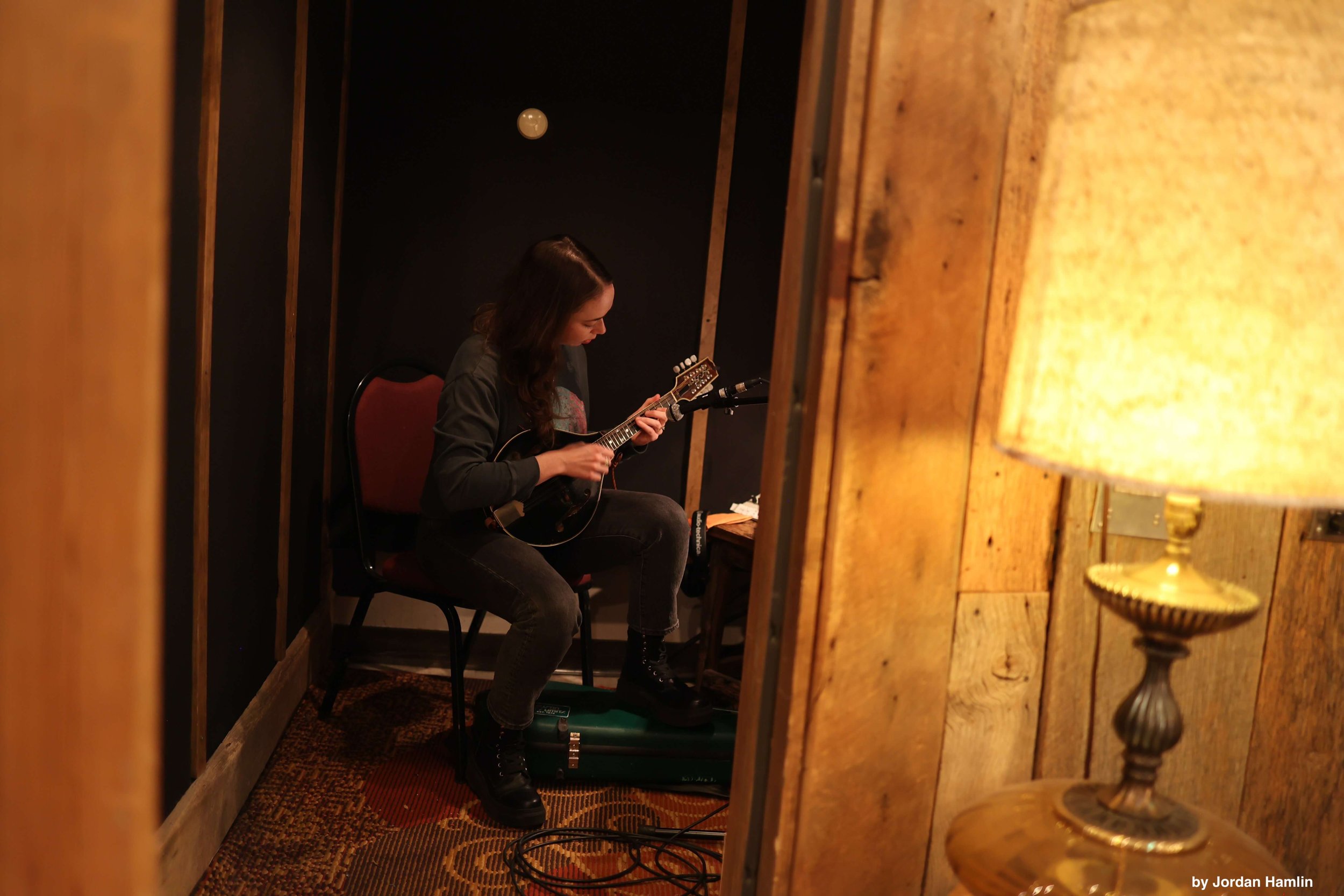Release Date 9.16.22
ABOUT IF IT ALL GOES SOUTH
The tenth solo effort from Amy Ray, If It All Goes South is an album born from deep devotion to creating music that strengthens the soul. Over the course of 10 gracefully crafted and galvanizing tracks, the Georgia-bred musician reflects on our collective history and shares her vision for a better future, threading every song with both intensely personal storytelling and clear-eyed observation. Rooted in the warmly incisive songwriting Ray has long brought to her role as co-founder of Indigo Girls—the seminal folk duo now in their fifth decade—If It All Goes South ultimately provides the kind of forward-thinking perspective needed to carry on with purpose, hope, and irrepressible joy.
“Most of this album was written during the pandemic, so I wanted to write songs that were healing and hopefully offered some sort of comfort,” says Ray. “At the same time, I was going to protests and watching what was happening in the world, and that all went into the music too. The whole time I kept telling myself, ‘You’ve got it really good, so just do what you can to bring some positivity to people and let them know they’re not alone.’”
Recorded live to tape at Nashville’s Sound Emporium and mainly produced by her frequent collaborator Brian Speiser, If It All Goes South owes much of its freewheeling vitality to the potent chemistry between Ray and her longtime bandmates, including guitarist Jeff Fielder (a Seattle-based musician known for his work with artists like Mark Lanegan and Duff McKagan), keyboardist Daniel Walker (Heart, Ann Wilson, John Fullbright), pedal-steel player Matt Smith (also a member of The Honeycutters), banjo player Alison Brown, fiddle player/guitarist Adrian Carter, bassist Kerry Brooks, and drummer Jim Brock. The follow-up to 2018’s Holler (a widely acclaimed release featuring Vince Gill and Bon Iver’s Justin Vernon), the album also includes a dazzling lineup of guest musicians: Brandi Carlile, Allison Russell, The Highwomen’s Natalie Hemby, Phil Cook, I’m With Her, to name a few. In keeping with the spirited eclecticism that’s always defined Ray’s work (the cathartic punk of her 2001 solo debut Stag, the finespun country of 2014’s Goodnight Tender), If It All Goes South encompasses everything from gospel to punkabilly to folk, each handled with equal parts unruly ingenuity and extraordinary precision. “Every day we had a new challenge—we’d have a string section in one room, the band in the main room, the backup singers somewhere else, and we had to figure how to make it all happen live,” says Ray, who also had the album mixed to tape by sound engineer/mixer Bobby Tis (Tedeschi Trucks Band, Neal Francis). “But even though the parameters were much stricter, I think it really added to the character of the record,” she adds. “You had to either love what you’d done, or commit to doing it all over again.”
A prime introduction to the unbridled sound of If It All Goes South, the album-opening “Joy Train” unfolds in rousing grooves, lush B3 organ tones, and Brown’s elegantly eccentric banjo work as Ray makes the case for living with joyful intention. “I was on tour in Jackson, MS and rode my bike past an area where a revival was going on, and it inspired me to write about how we need to get on the joy train instead of “dwelling on the cage” of our troubles, or even of the physical body,” says Ray. “Just look at all the examples of these incredible civil-rights leaders who, in the face of everything, could still find a way to celebrate and sing.” From there, If It All Goes South drifts into the dreamy melancholy of “Chuck Will’s Widow,” an all-acoustic piece etched with I’m With Her’s mournful fiddle melodies, lilting mandolin runs, and breathtakingly tender harmonies. “Chuck Will’s Widow is a bird that sings the same aching song all night at a certain time of year in my neck of the woods,” Ray explains. “I was feeling down and trying to focus on what makes me feel better, which is sitting outside at night. It’s a song about appreciating what you have instead of complaining about what you can’t change.”
While all of If It All Goes South bears the weight and wisdom of lived experience, the album takes on a particularly poignant intimacy on “From This Room”: a beautifully slow-burning duet with Natalie Hemby, graced with Fielder’s swooning slide guitar (a possibly charmed instrument on loan from Derek Trucks). “I first wrote that in 2010, as a love letter to some musician friends who were going through hard times,” Ray recalls. “By the time I finished I was thinking about my child—I’m 58 and she’s only eight, which means I’m going to be gone at a point when she’s still just figuring life out. It’s a way of saying things I won’t be able to say later, and Natalie really reached in and helped bring out the heart of it.” Another moment of emotionally charged reflection, “Subway” pays homage to groundbreaking radio DJ Rita Houston (a New York City legend who passed away from cancer in 2020), intensifying the track’s unfettered feeling with a luminous string section and Brandi Carlile’s yearning background vocals. “I met Rita in the ’90s and she was so dynamic—at a time when there was so much homophobia, she rooted for artists in the queer community and ended up driving a lot of people’s careers,” says Ray. “I wrote ‘Subway’ thinking about Rita and New York City, and how liberated I always felt there as a young queer person just starting to get comfortable with myself.”
Once again affirming Ray’s gift for sharing her passionately held political beliefs without ever slipping into didacticism, If It All Goes South also contains plenty of poetically nuanced social commentary. On “Tear It Down,” Allison Russell lends her singular vocals to a delicately jazzy meditation on the South’s complex cultural history (the song’s indelible closing line: “The epitaph I long to read is: ‘Here lies slavery’”). A rollicking piece of country gold, “Cowboys and Pirates” brings bright horns and honky-tonk piano melodies to a wildly colorful allegory of environmental destruction. “I wrote that thinking about Mother Earth and the way we’ve carelessly exploited the planet,” notes Ray, who teamed up with fellow Indigo Girl Emily Saliers and Native leader/activist, Winona LaDuke in co-founding a nonprofit organization called Honor the Earth in 1993. And on “A Mighty Thing,” Grammy-winning singer/songwriter/mandolin virtuoso Sarah Jarosz joins in for a sublimely fiery rumination on homophobia’s poisonous impact. “I’d gone to a funeral where the preacher was all fire-and-brimstone but so poetic, and it led me to this song about a host of things, like homophobia and the church, and the fear that often keeps us down,” says Ray. “It’s got that old-school punkabilly feel to it, and we got Sarah to come in and play mandolin and sing it with that crazy-good bluegrass voice of hers.”
After the bittersweet reverie of “Muscadine,” If It All Goes South closes out with “North Star”—a glorious gospel-inspired number lit up in the soul-stirring harmonies of backing vocalists Michelle Prather, Courtney Campbell, and Ashley Charisse Mackey. “I’d just watched ‘The Underground Railroad,’ and I was thinking about all the enslaved folks who used the North Star to guide them through the swamps and woodlands and everything else they had to get through to try to find their way to a better place,” says Ray. Created with Phil Cook (a producer/songwriter/musician who’s also worked with The Mountain Goats and Hiss Golden Messenger), “North Star” in many ways serves as a statement of intent for Ray (from the final verse: “Everyone before me, those that come after/May we all help each other through/To a land that knows no suffering”). “I’m a Southerner who wants to do the work of healing racism,” she says. “I really think it’s just about the most important work we have to do in this country, and in the world in general.”
Completed in nine whirlwind days, the making of If It All Goes South included countless moments of indefinable magic. In reimagining an Indigo Girls gem called “They Won’t Have Me,” for instance, Ray and her bandmates pulled off the tremendous feat of deftly switching from acoustic to electric instruments mid-recording, giving way to one of the most powerfully exhilarating turns on the album. And for Ray, those moments of communion with her fellow musicians have proven to be an endless source of sustenance. “My band and I have been driving around in a van together for about nine years now, so at this point we’re like family,” she says. “We’re all so loyal to each other and to the project, and everybody’s doing it for the love of it. For us it’s about carrying your own amp, putting on your own show, and being proud at the end of the night that you were able to achieve something. None of us ever wants to get too comfortable—it’s always about the act of trying.”

